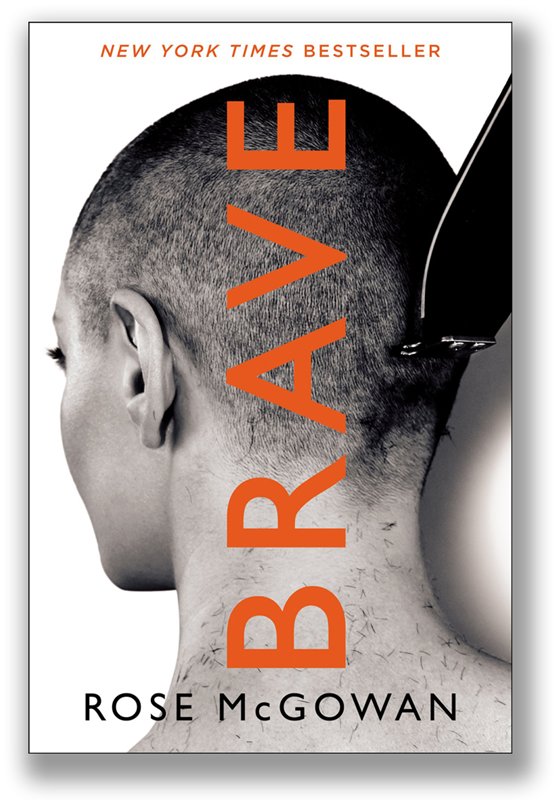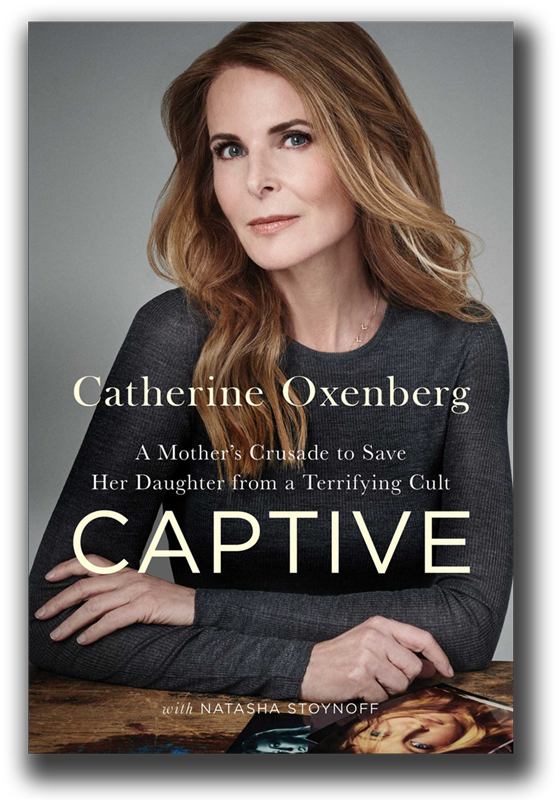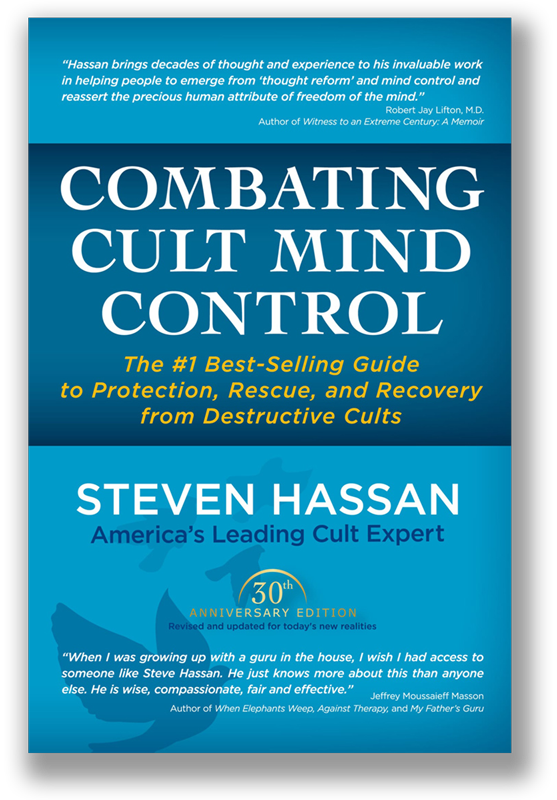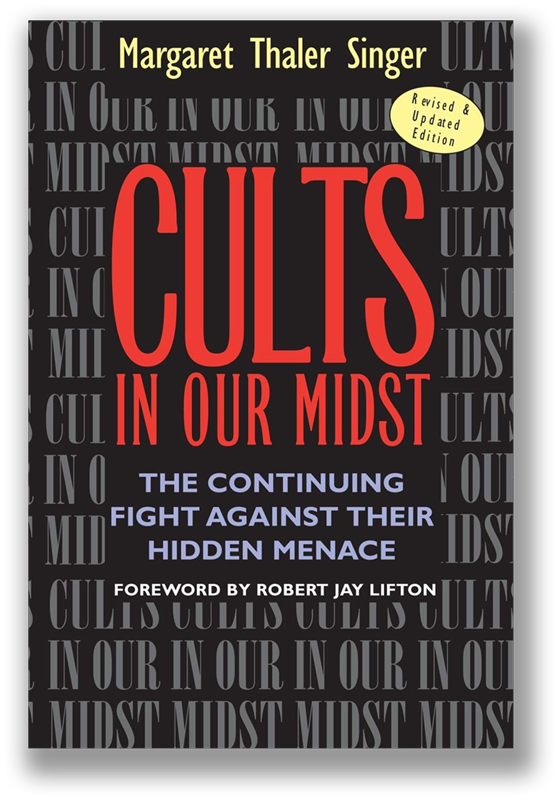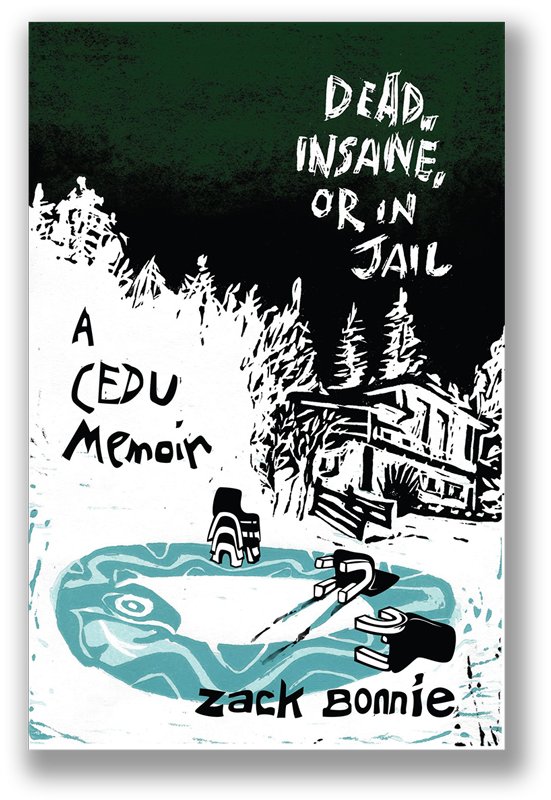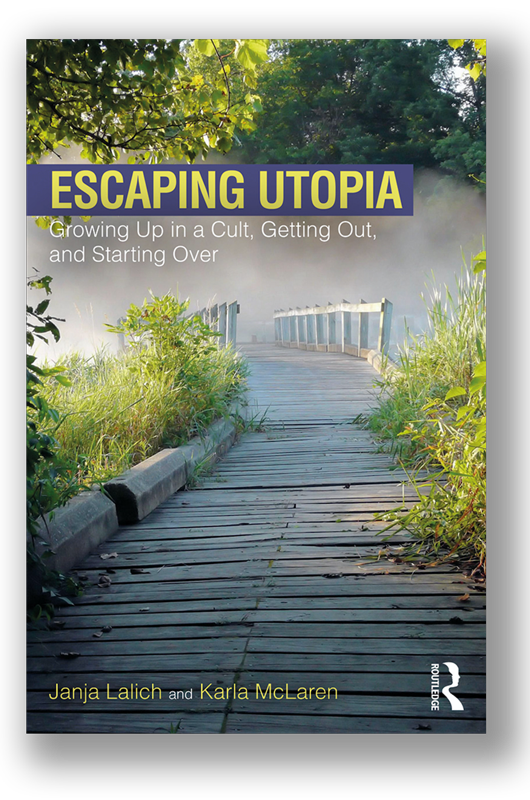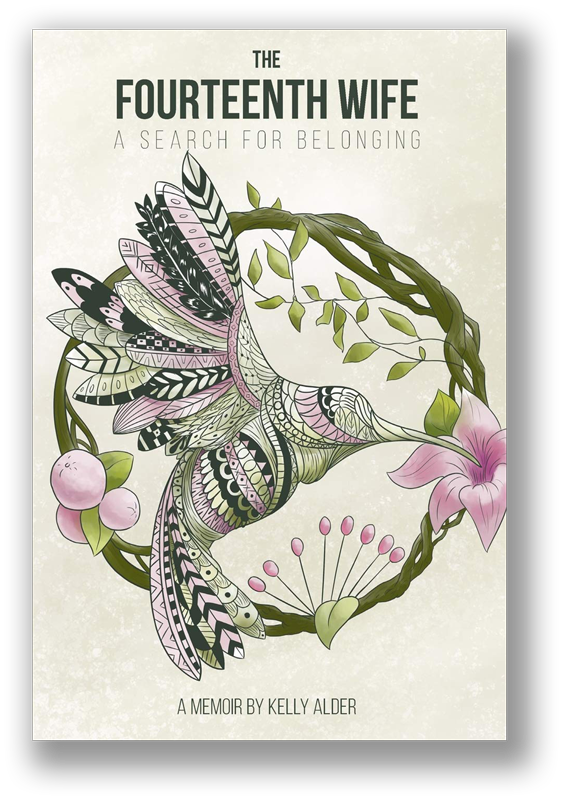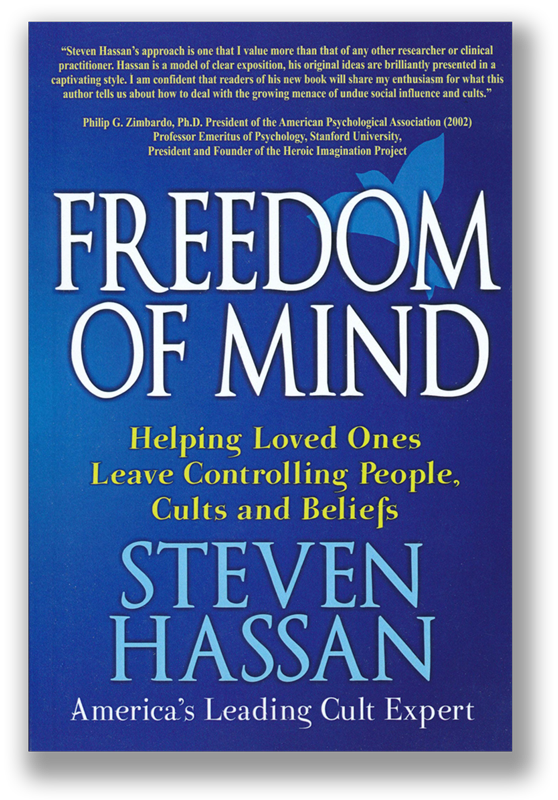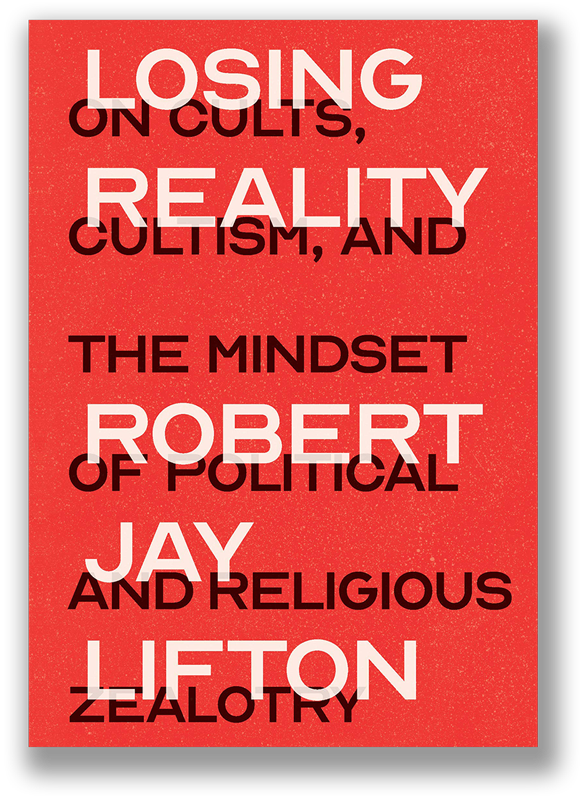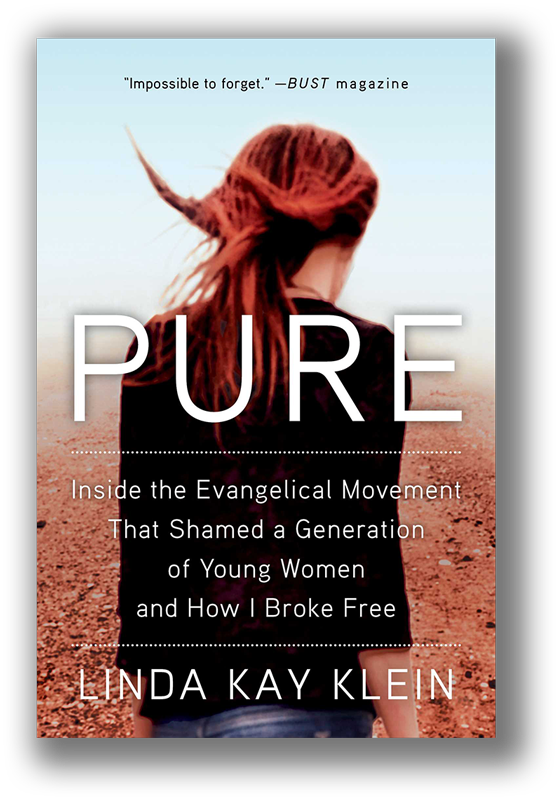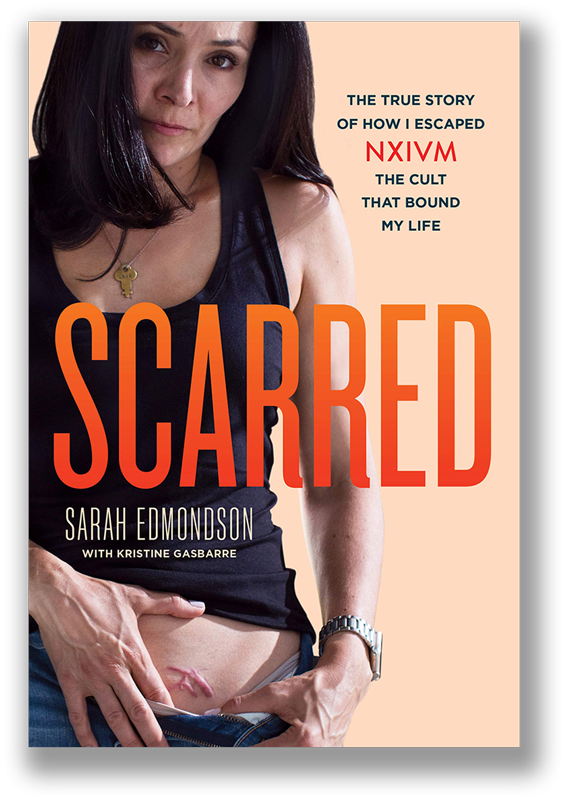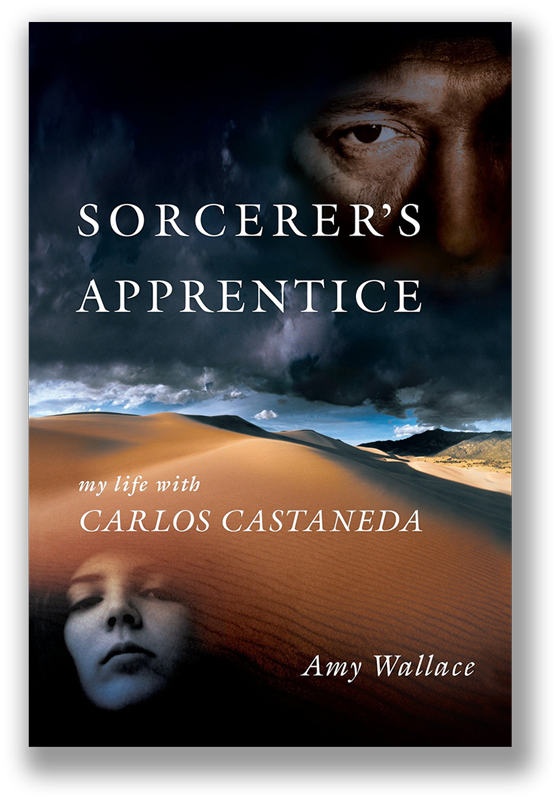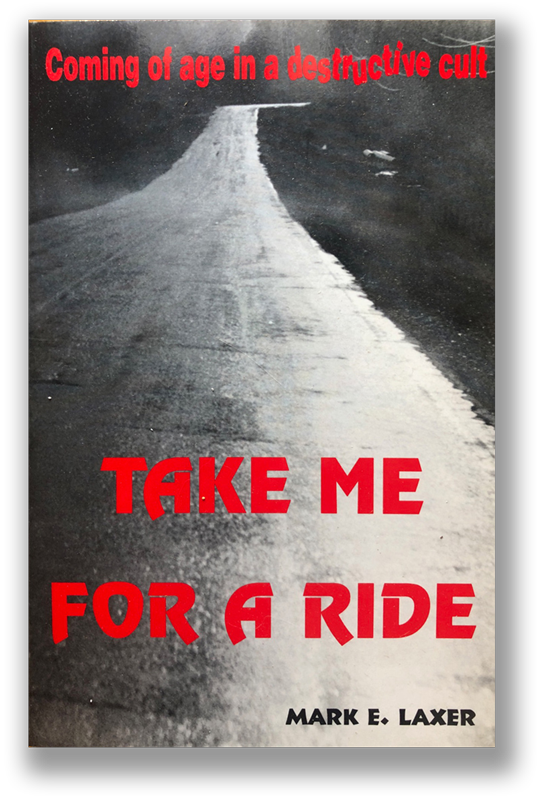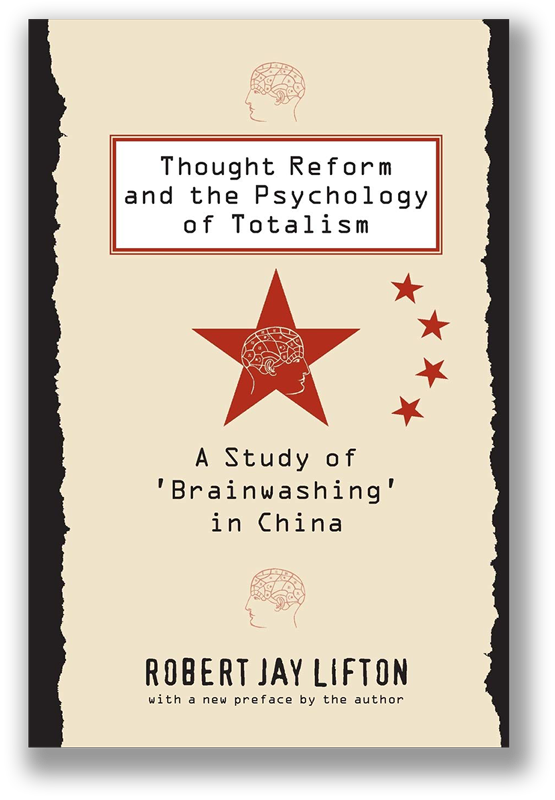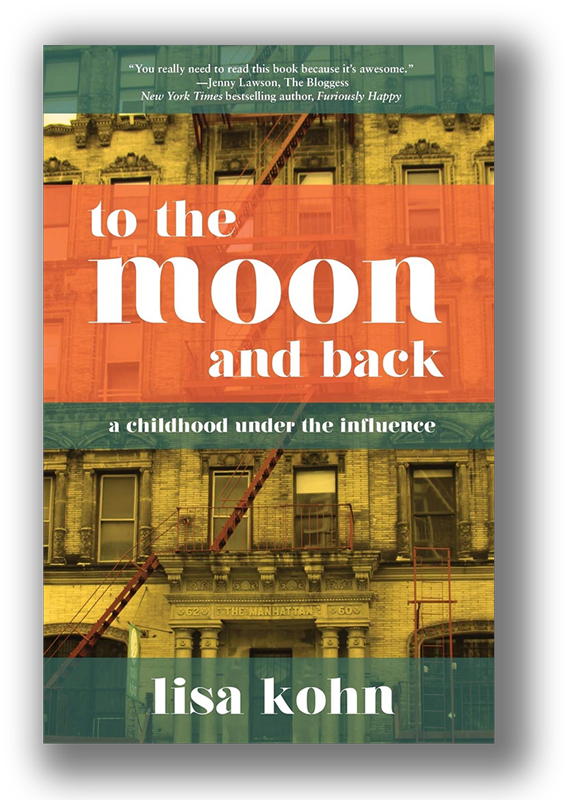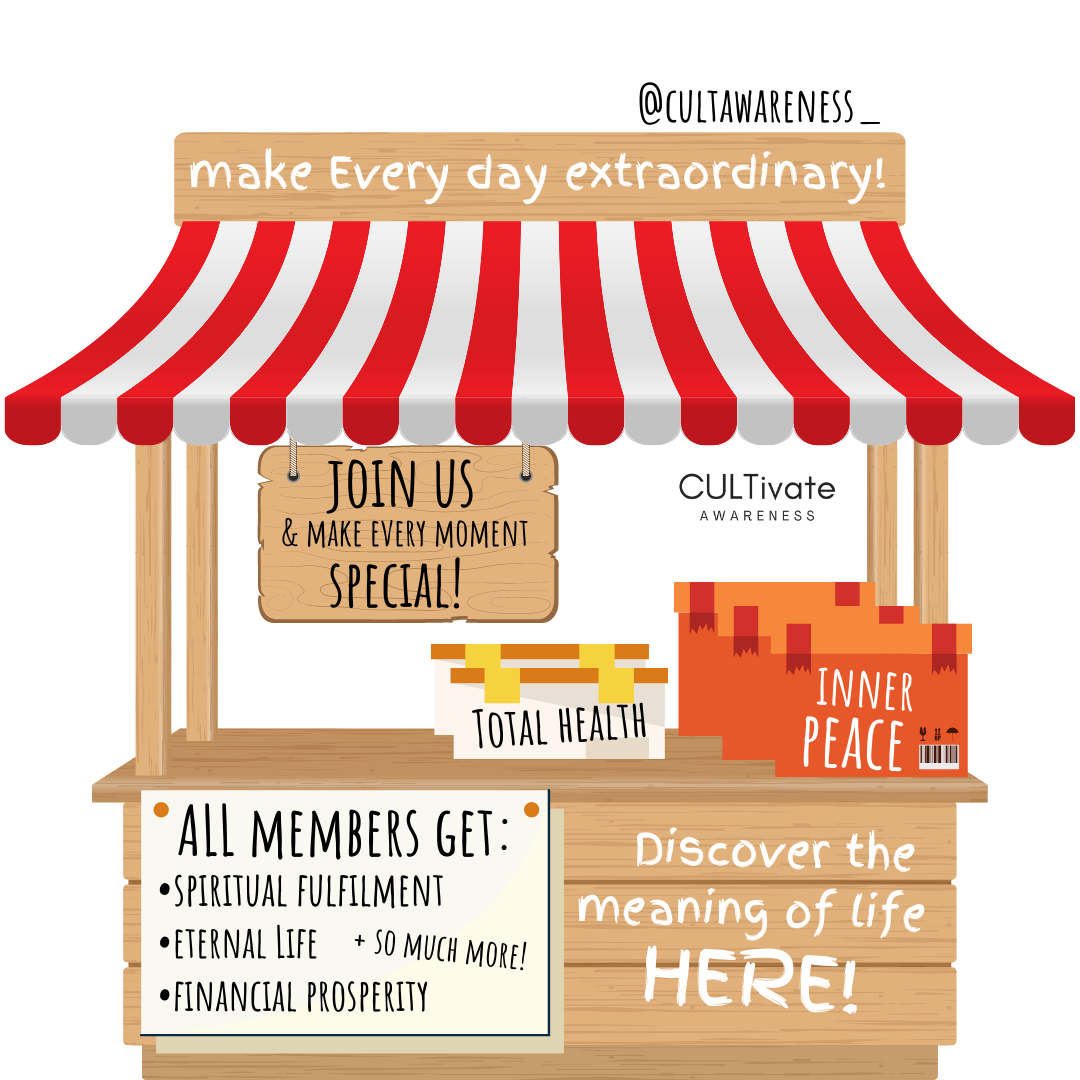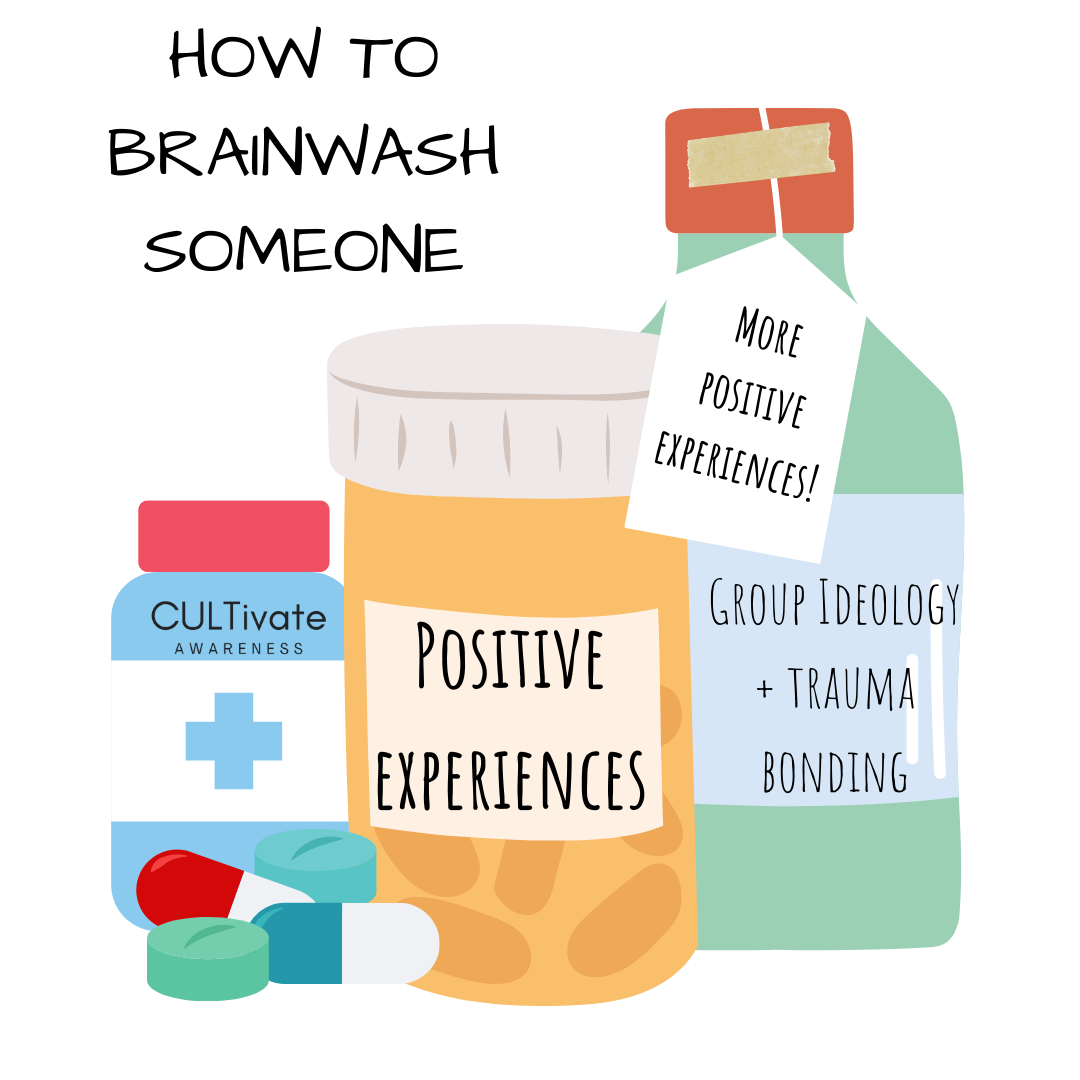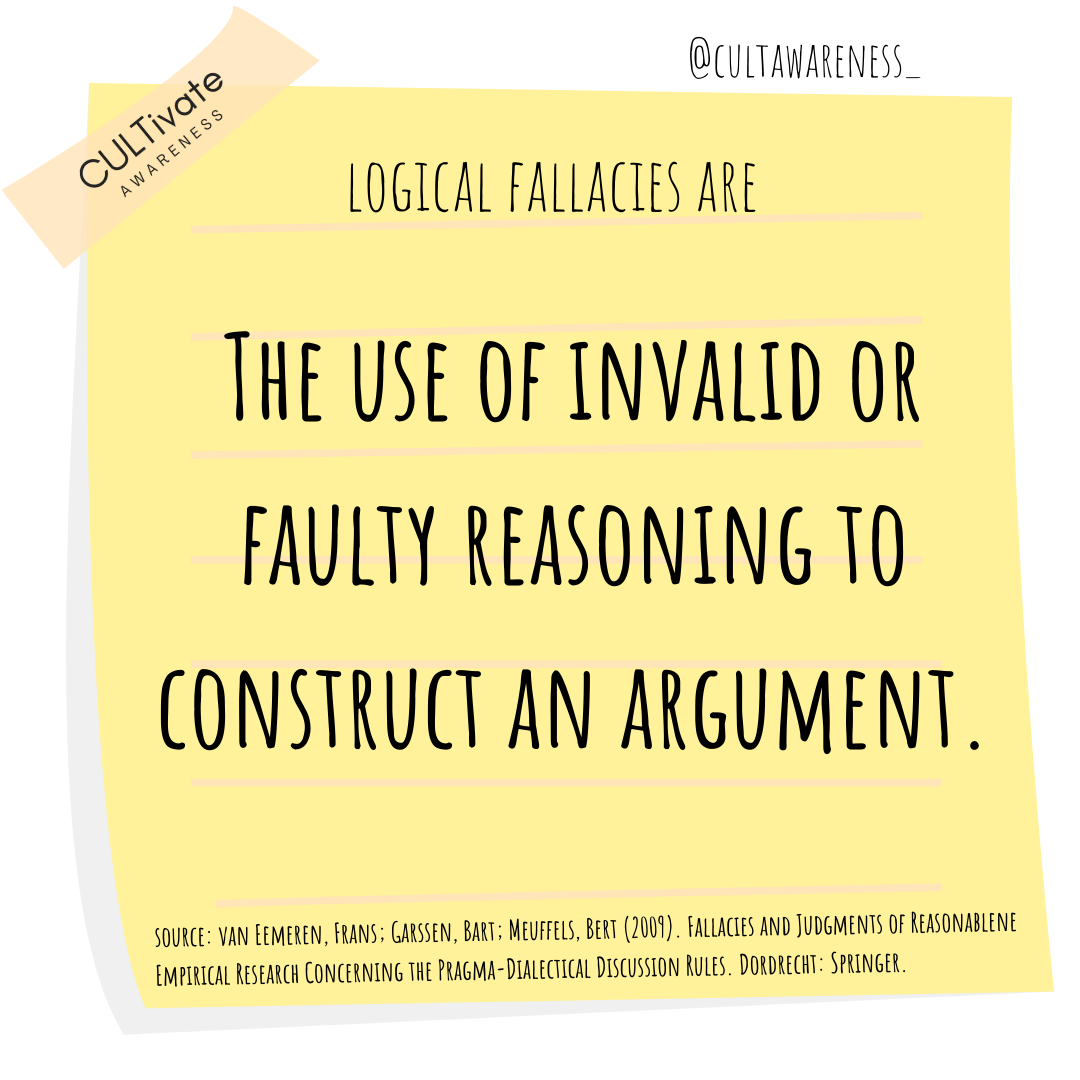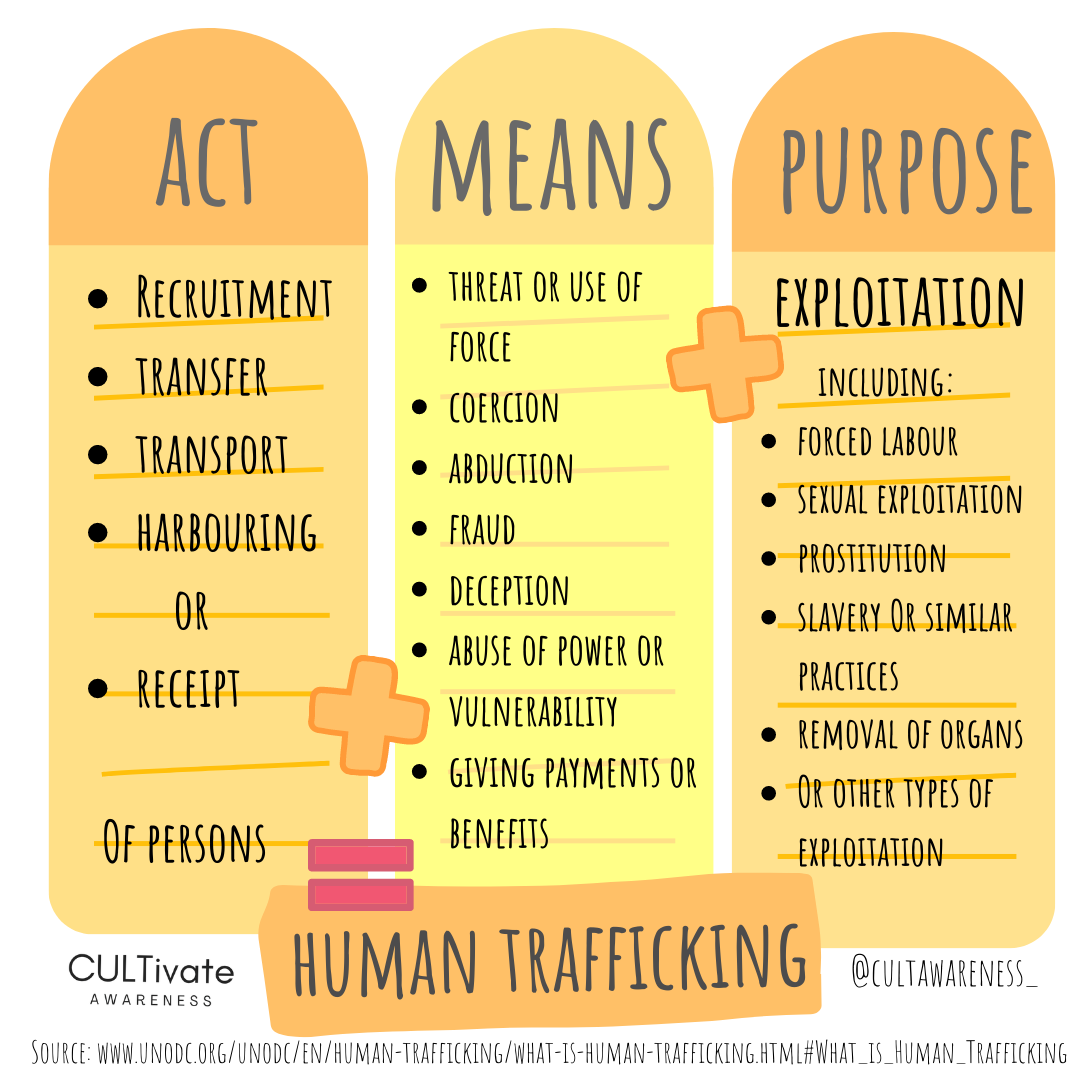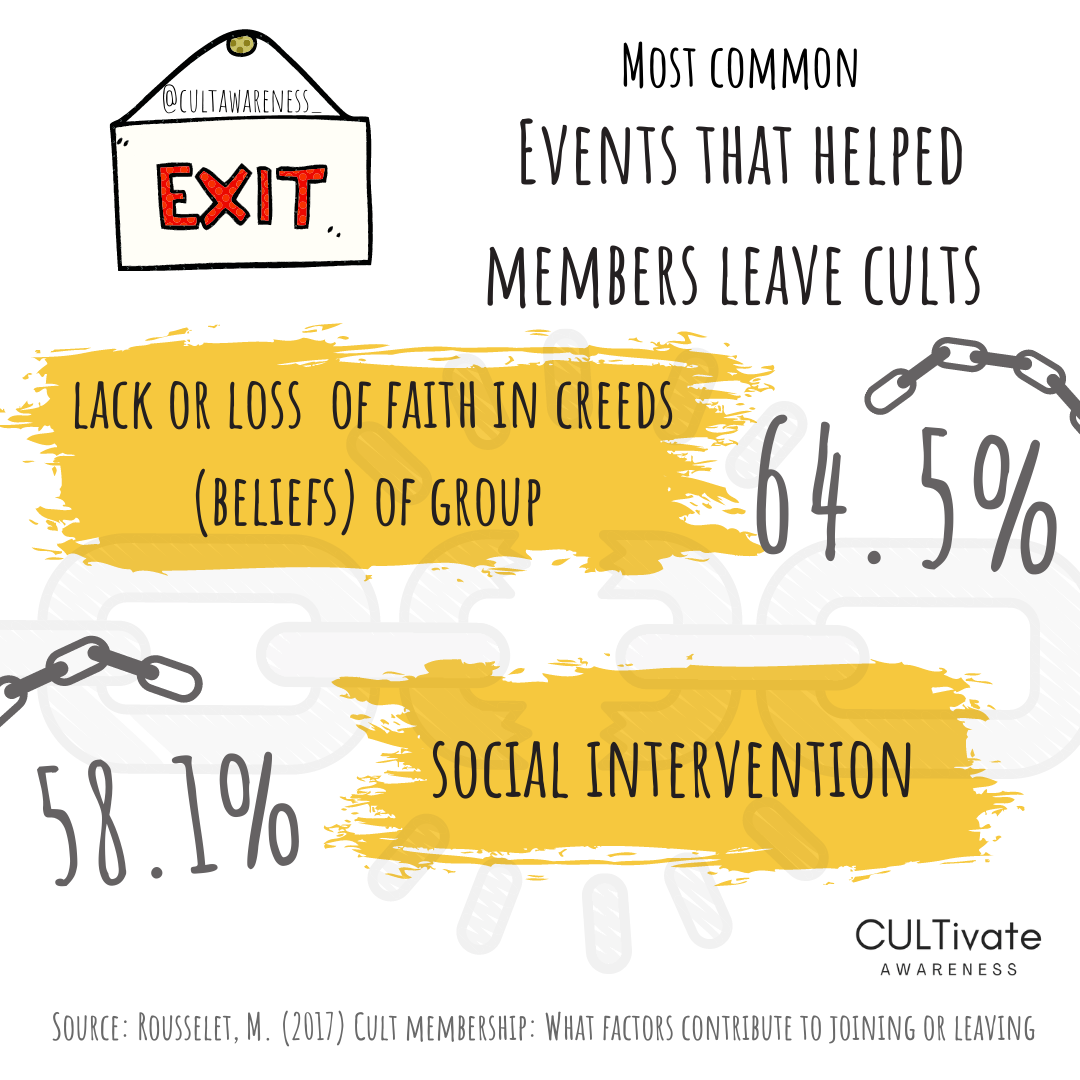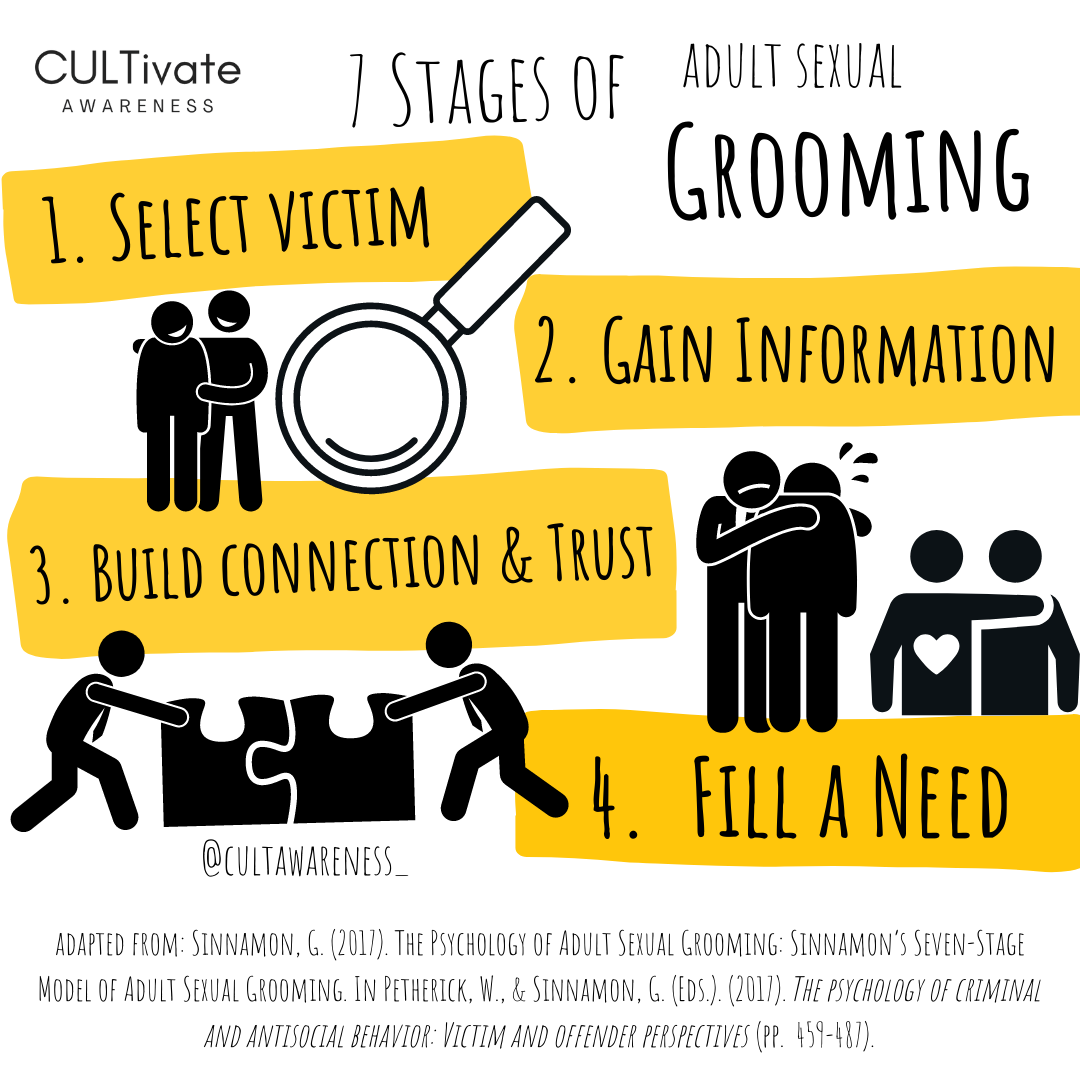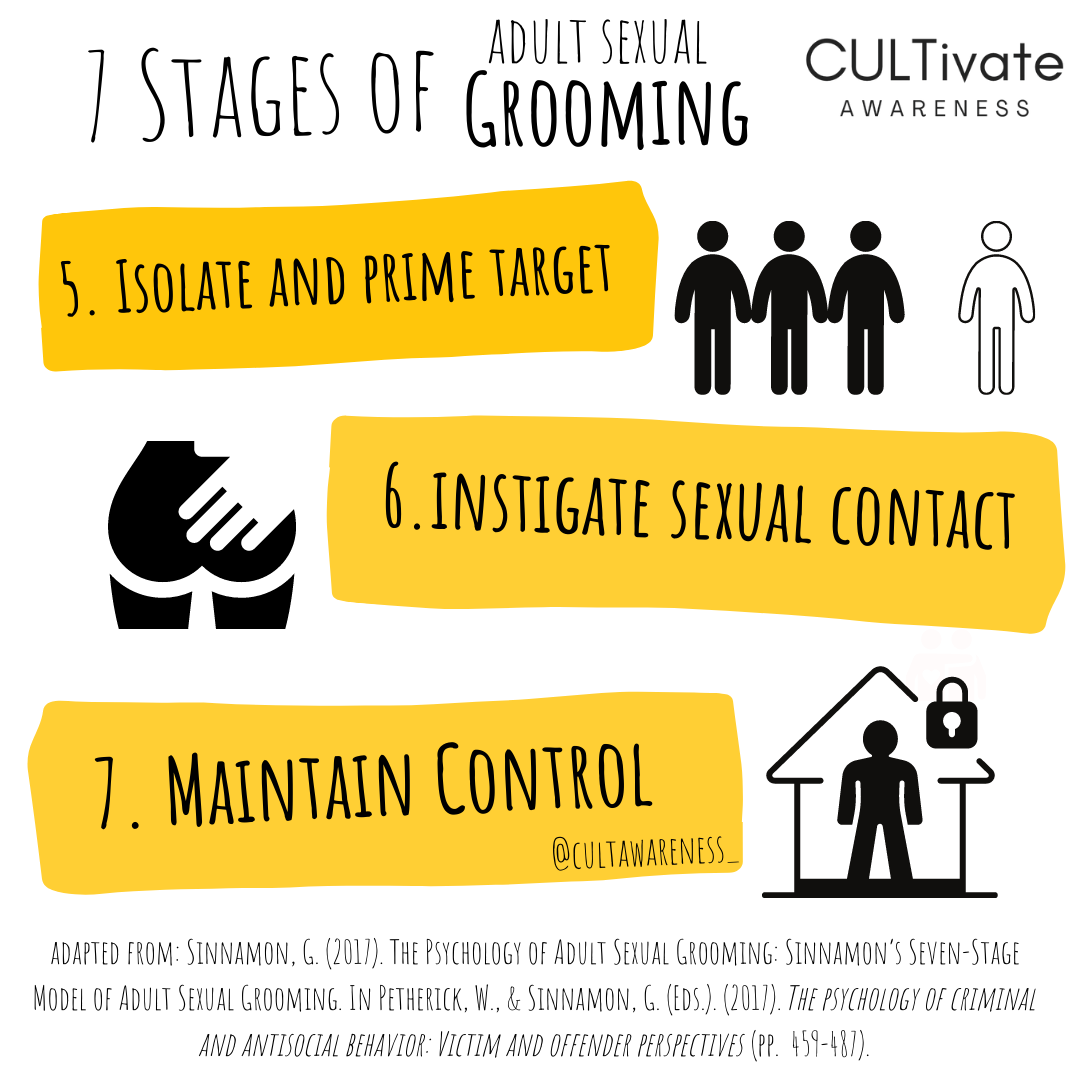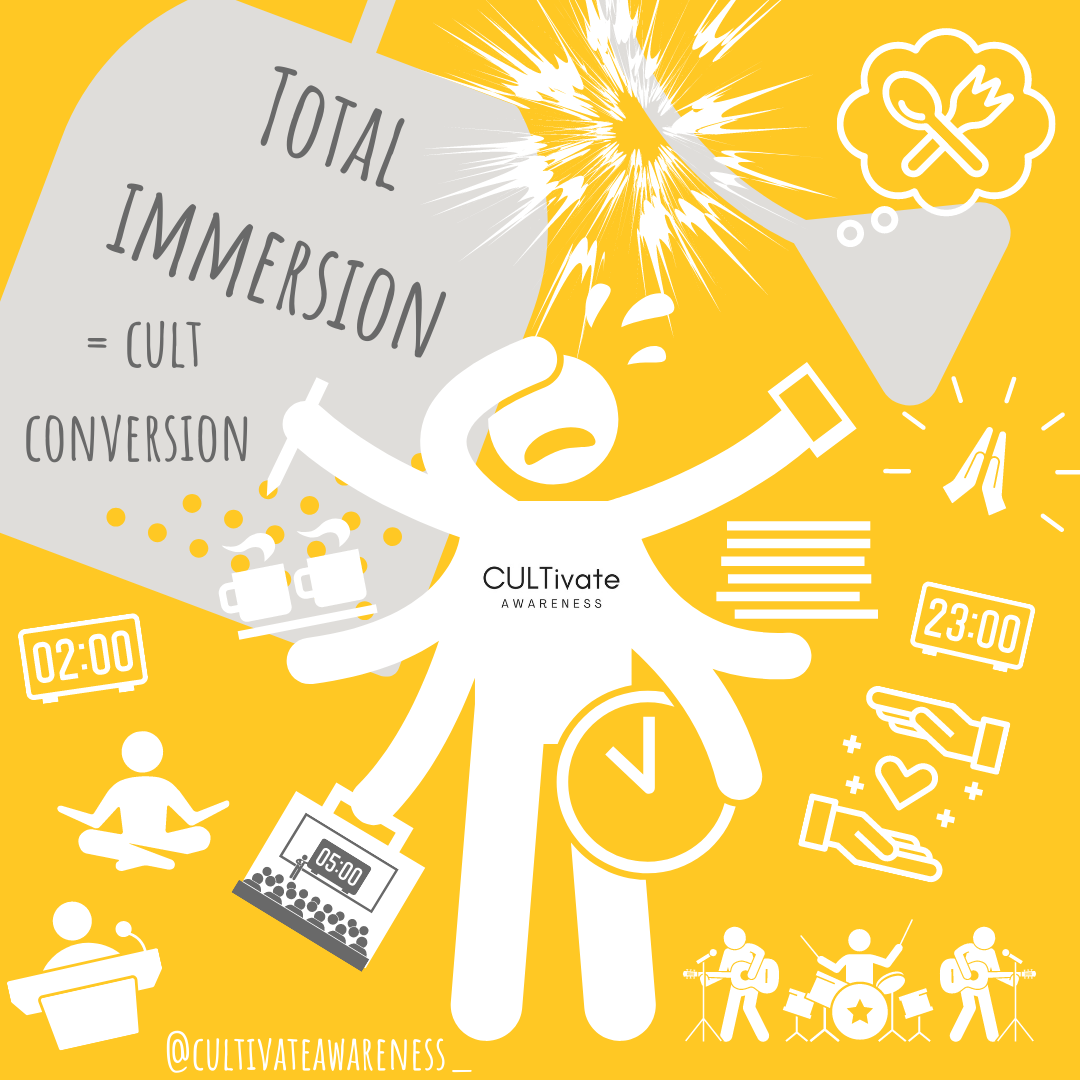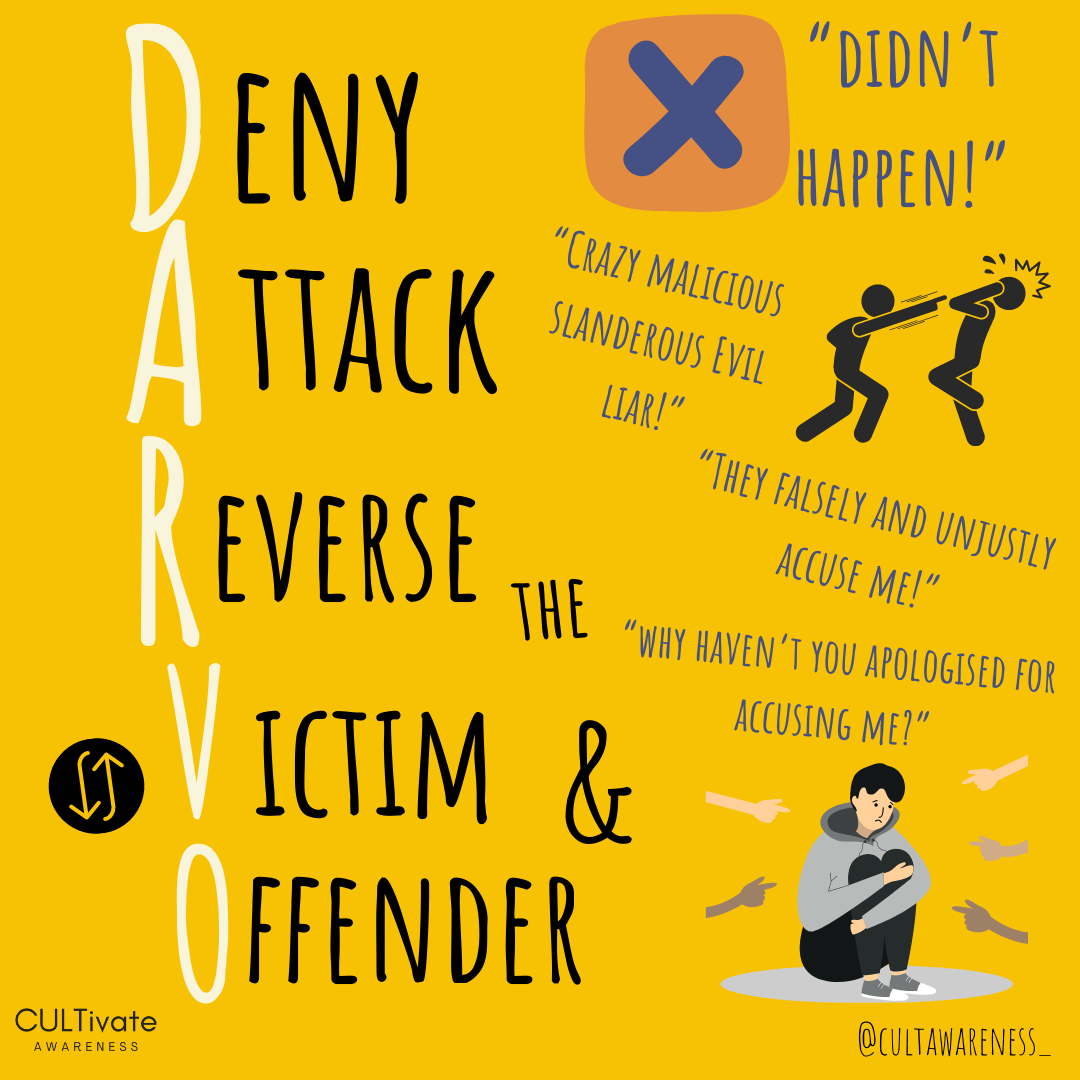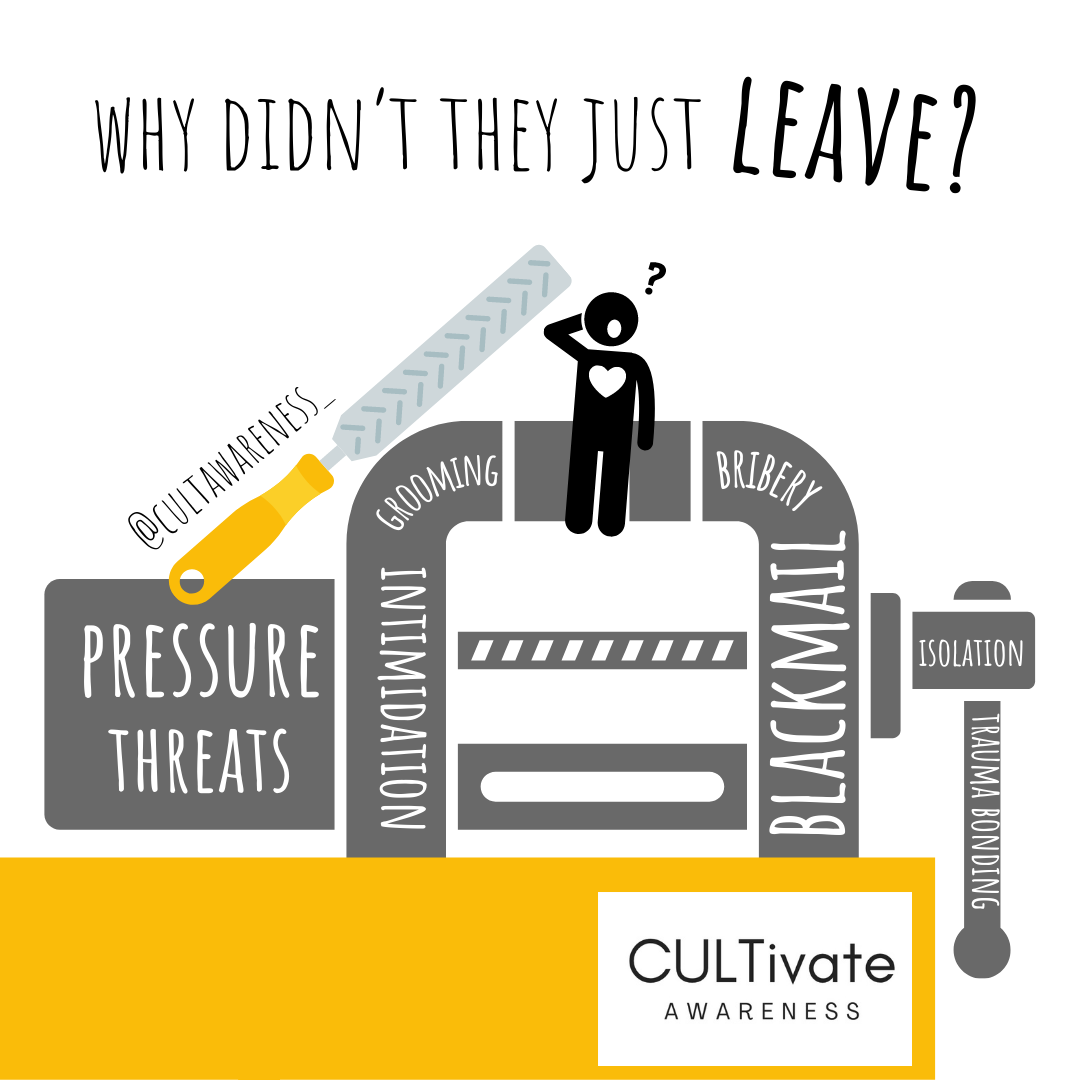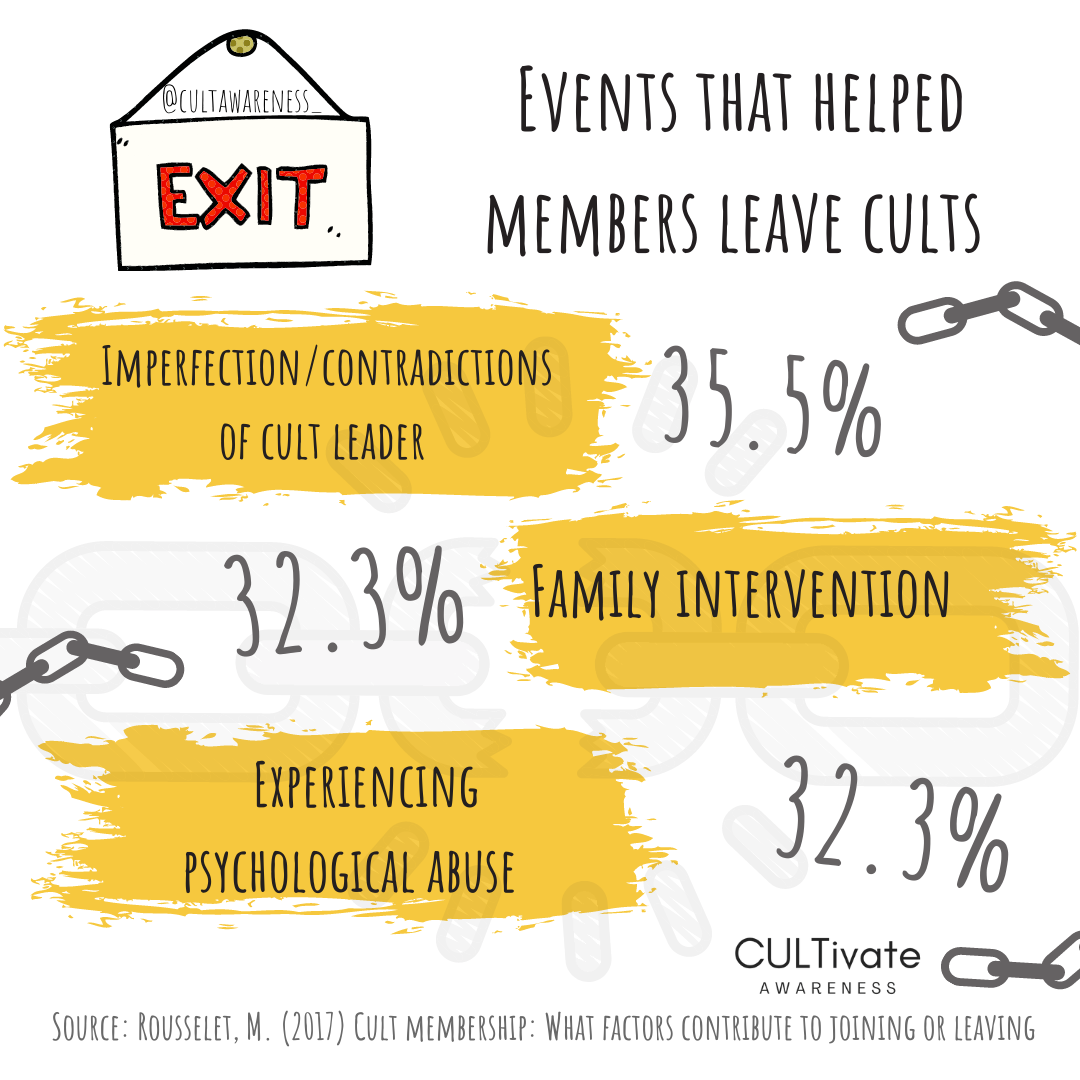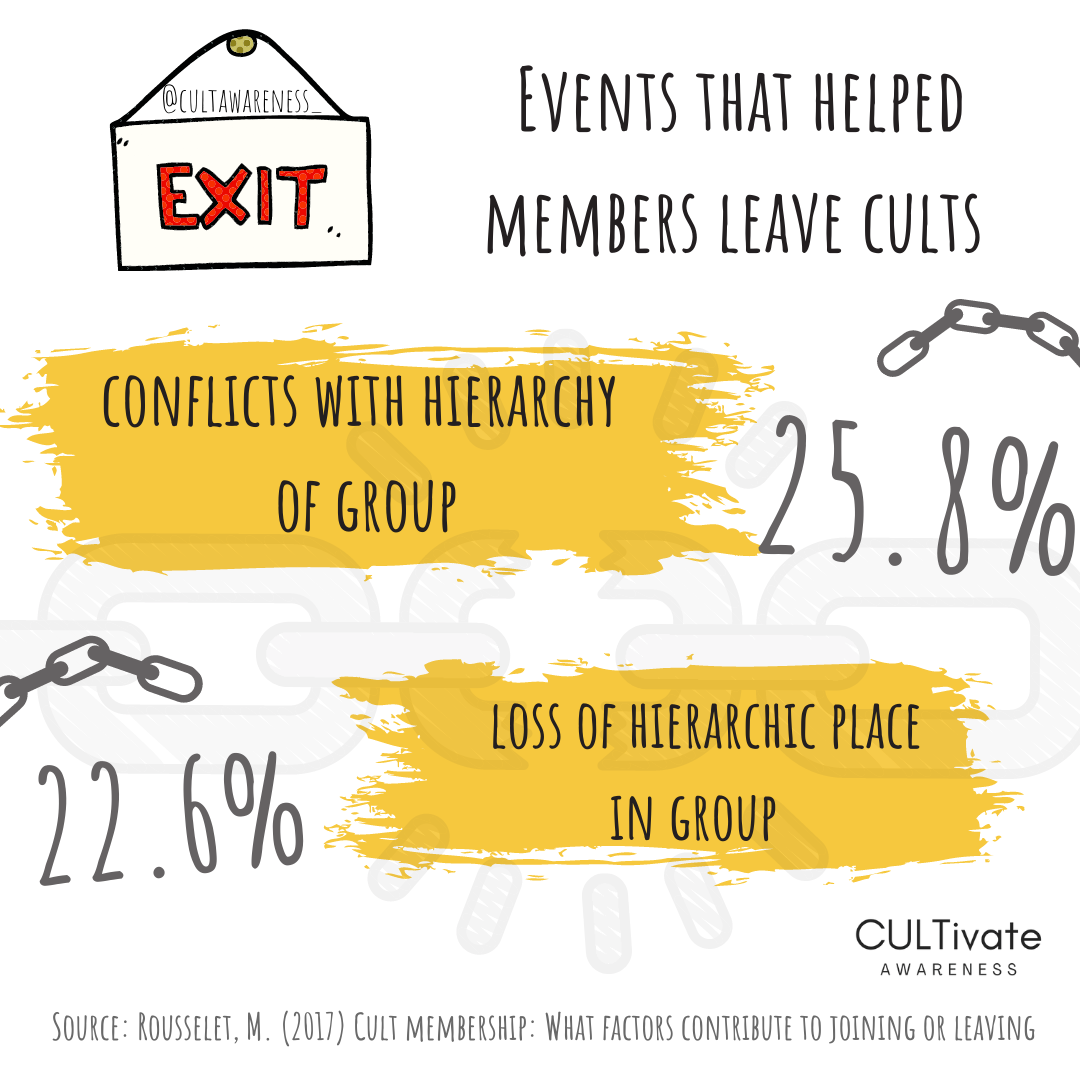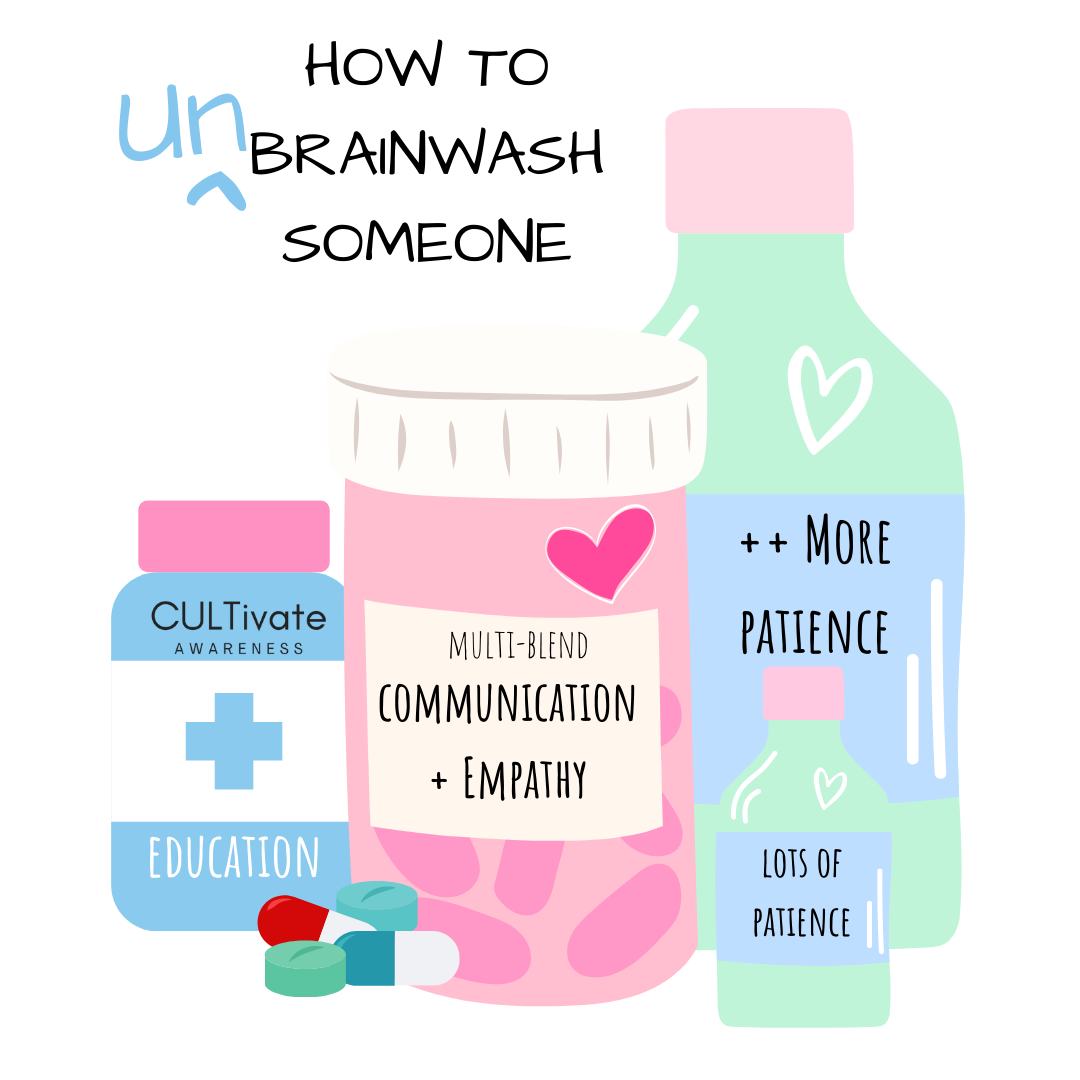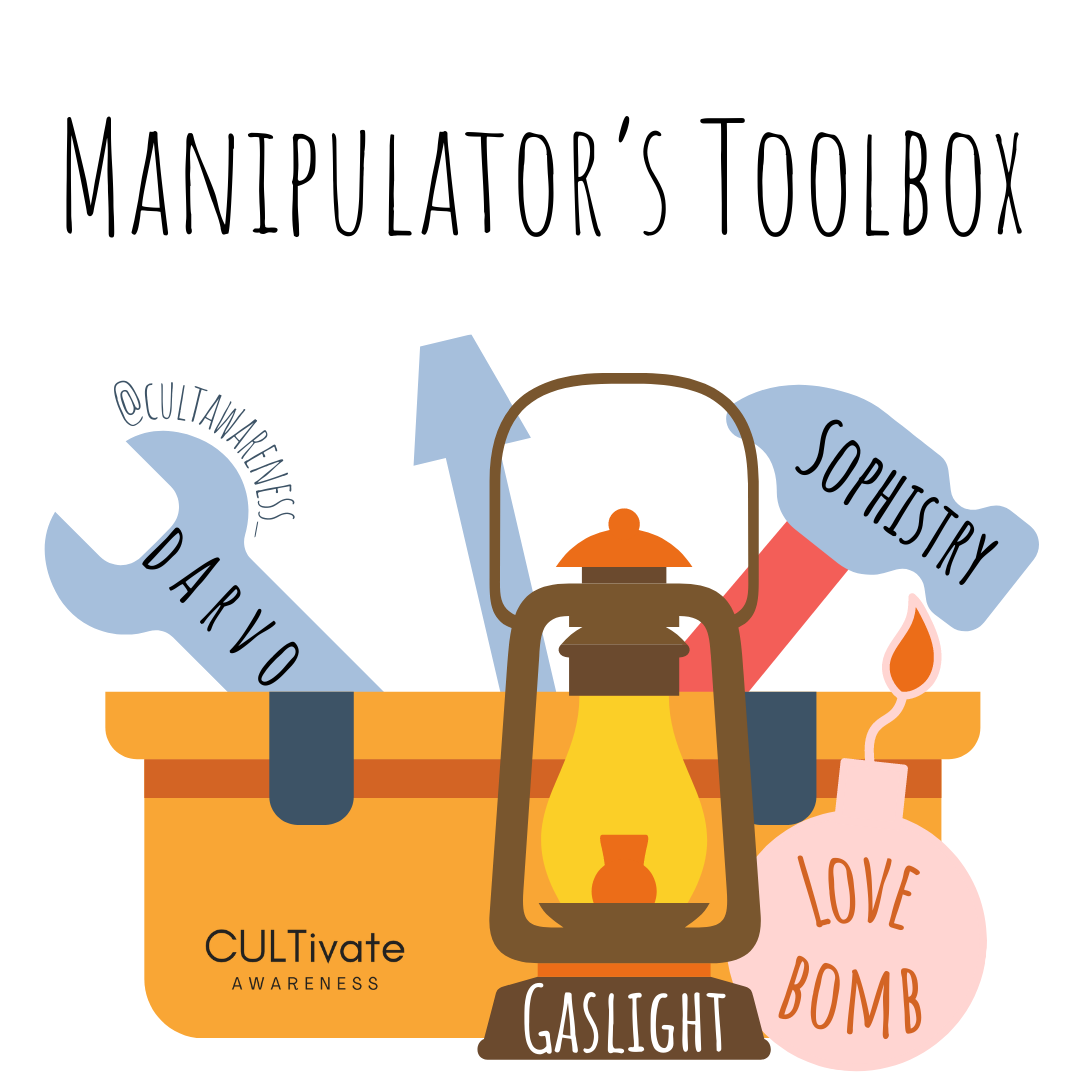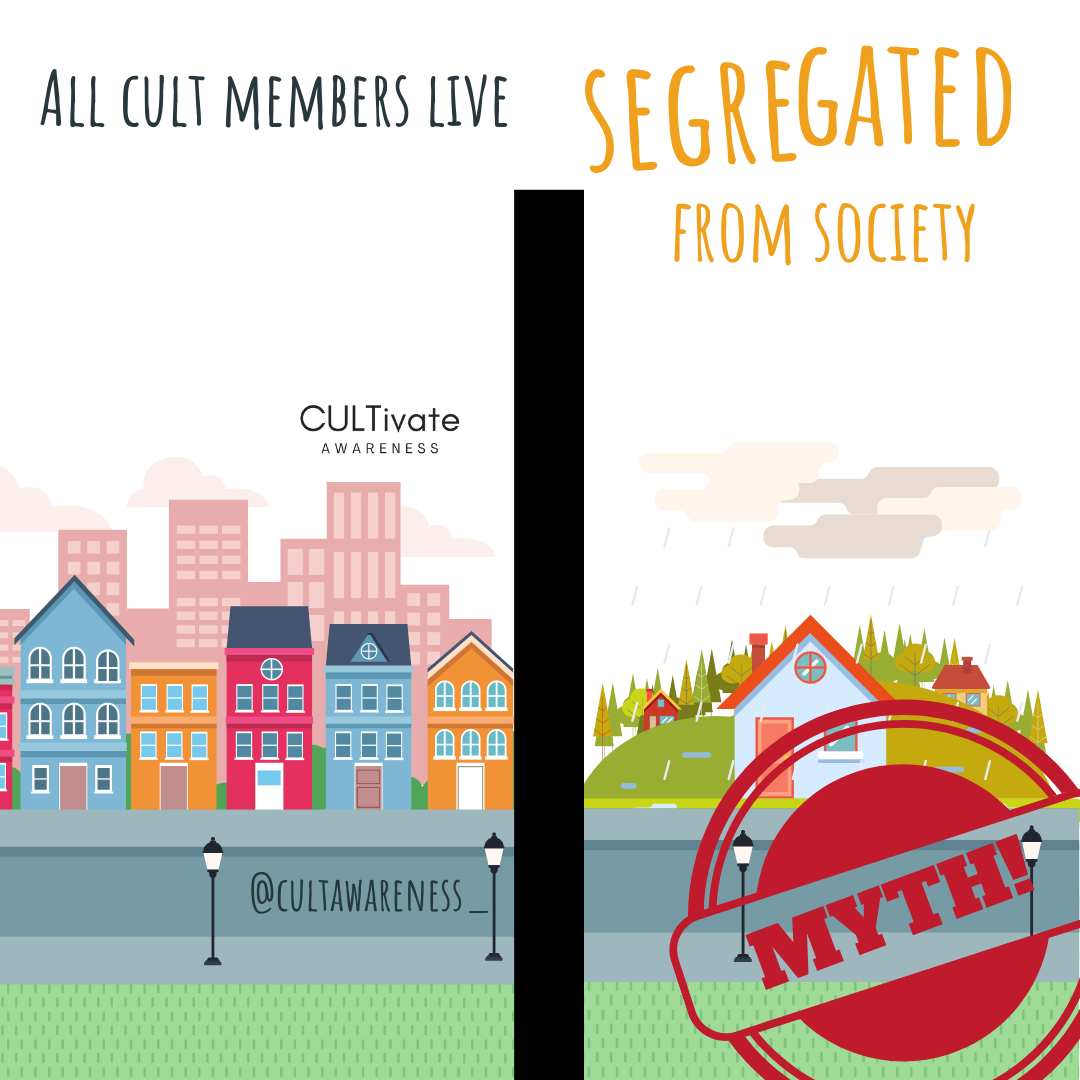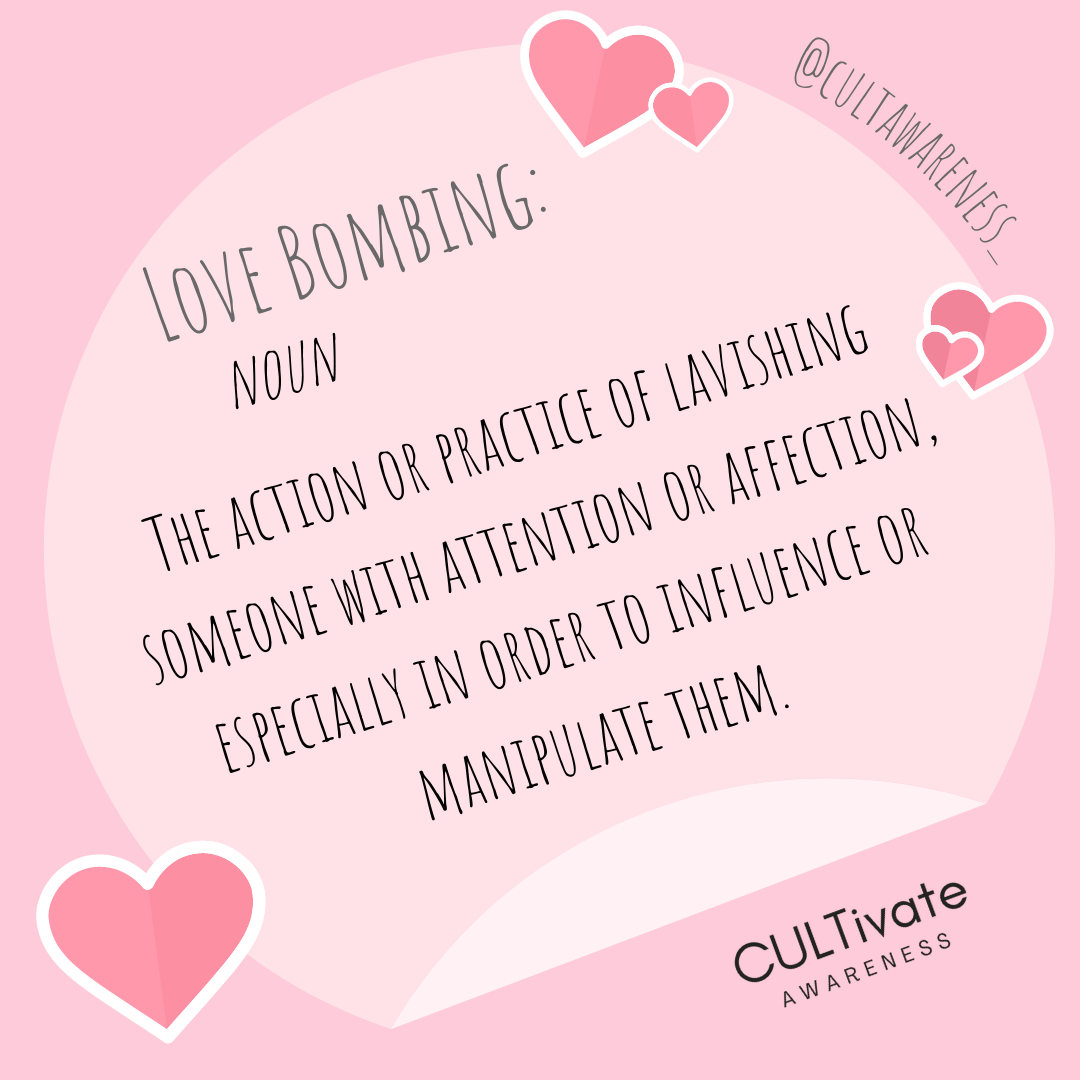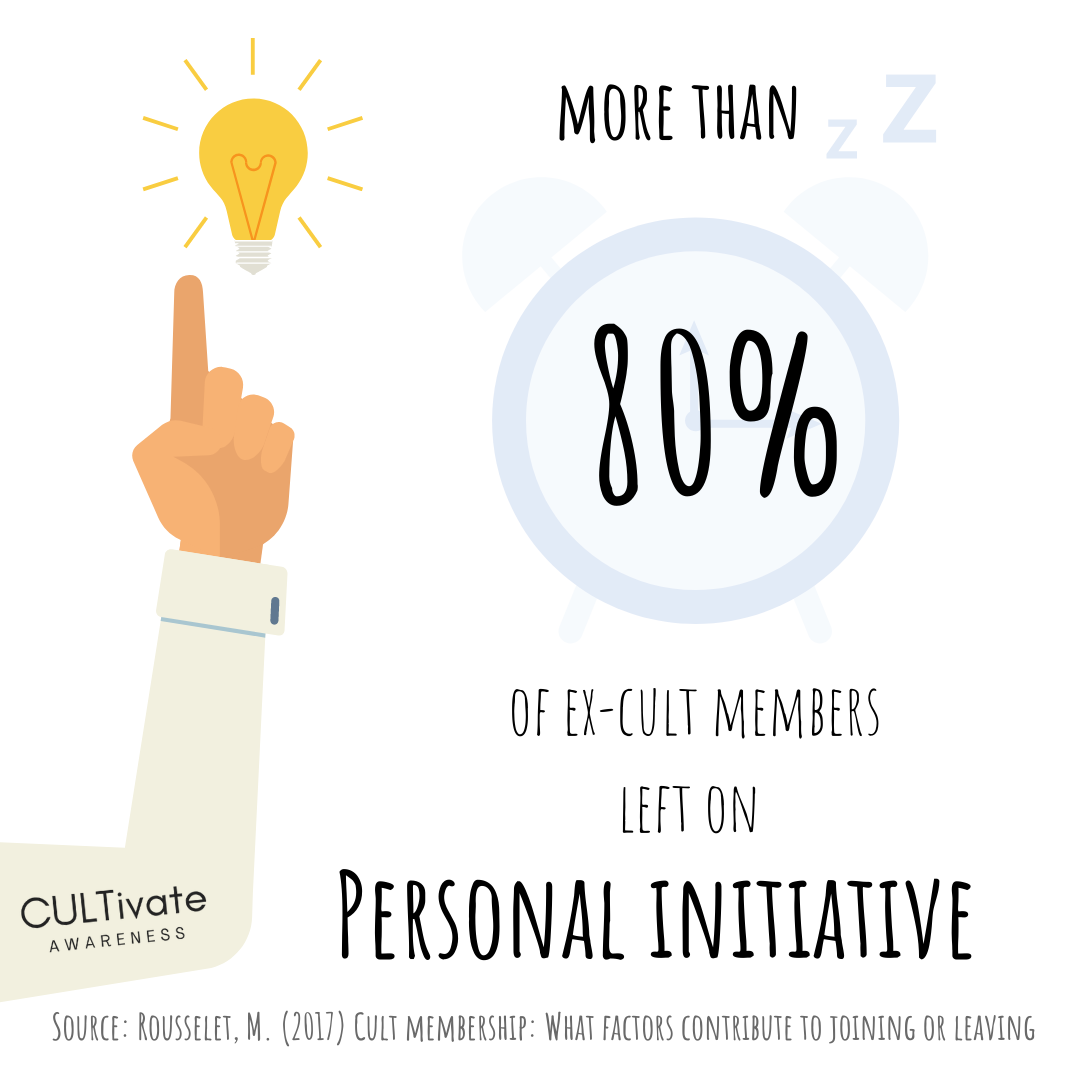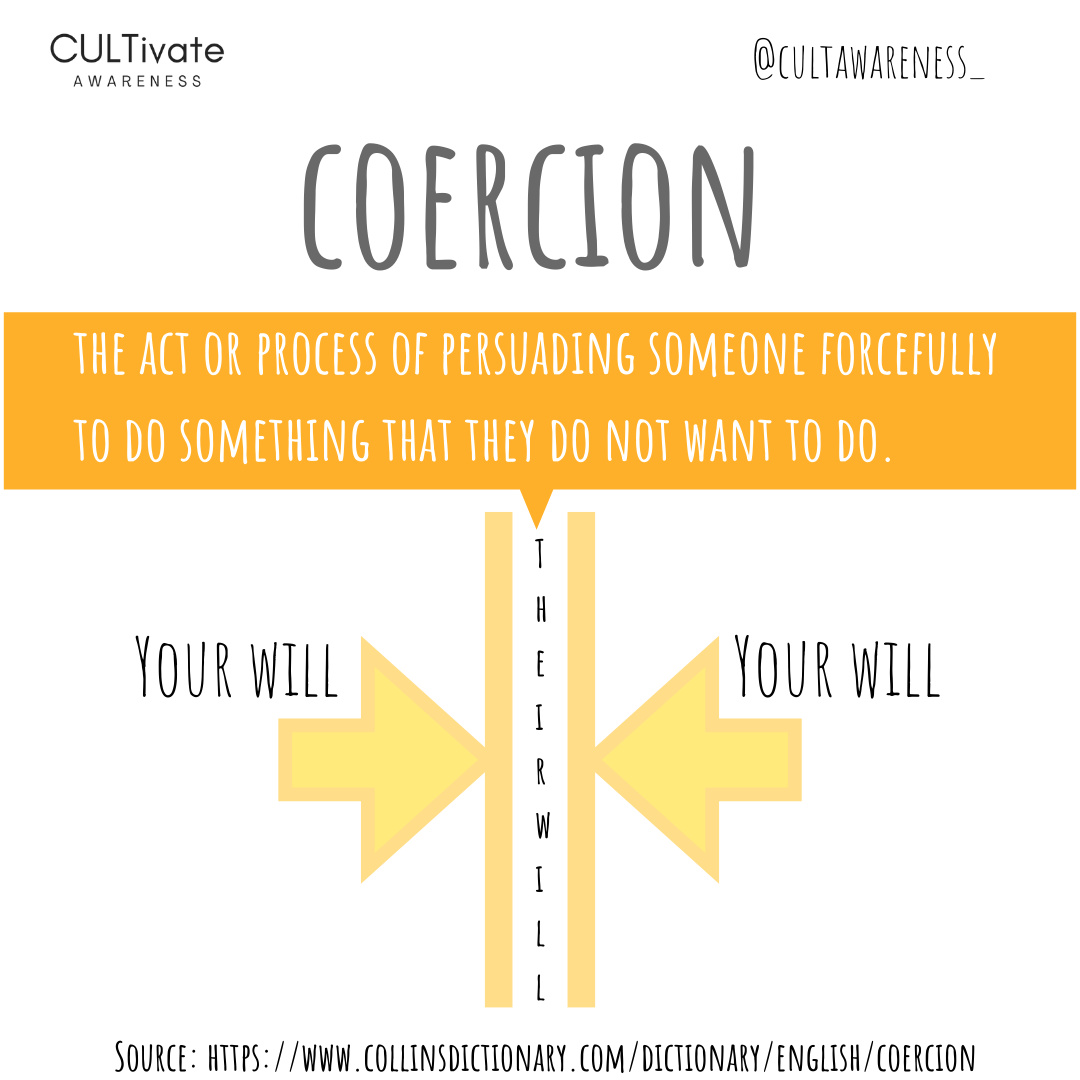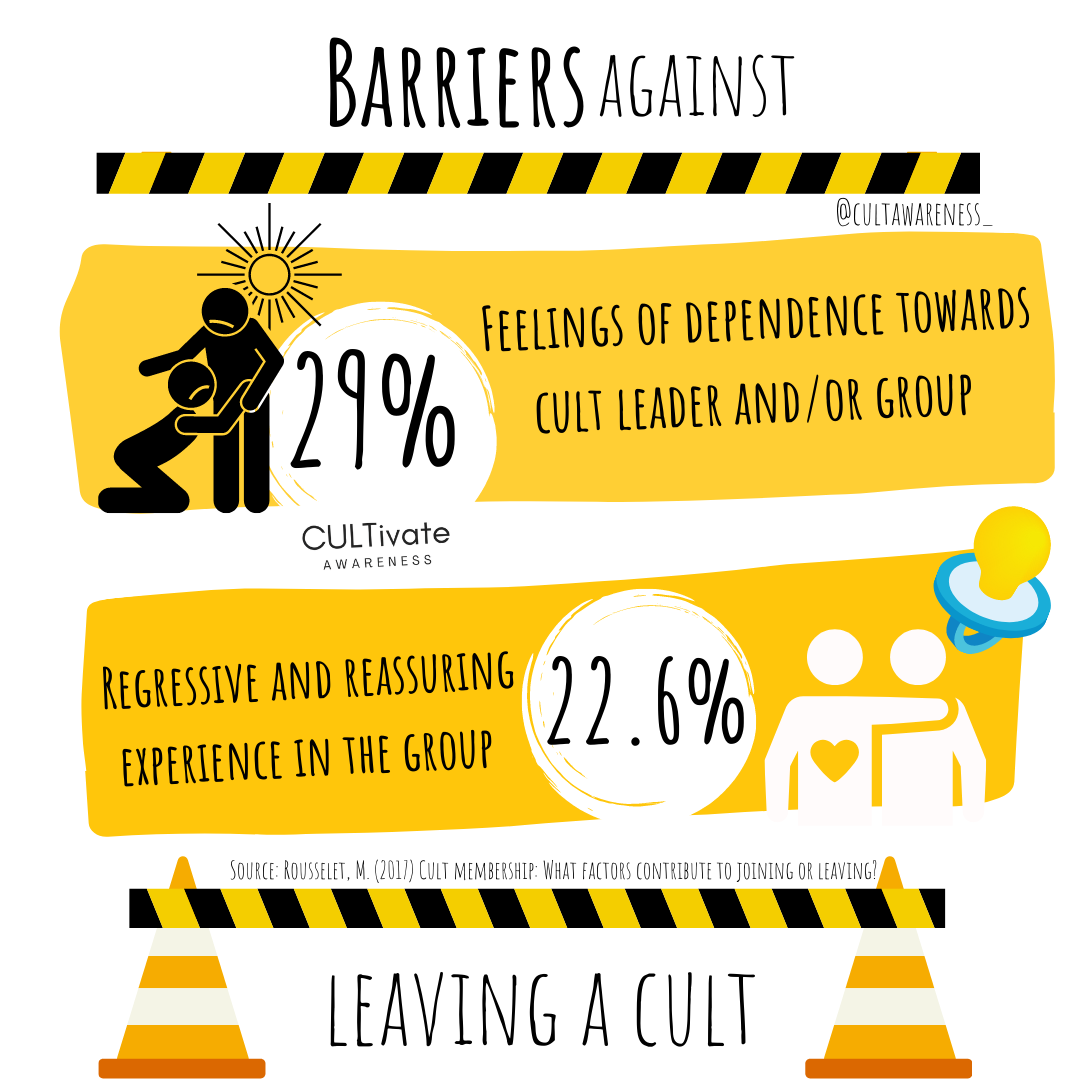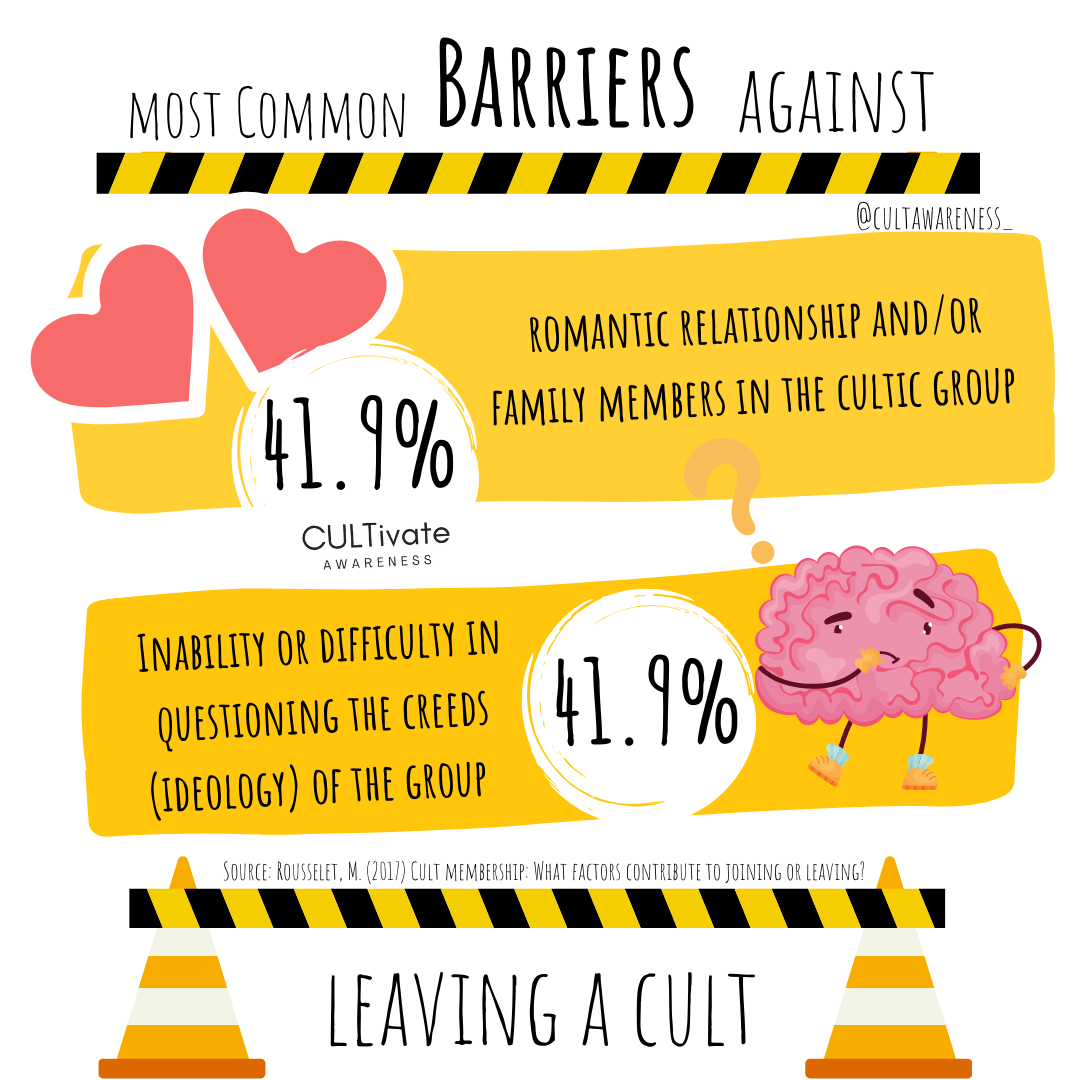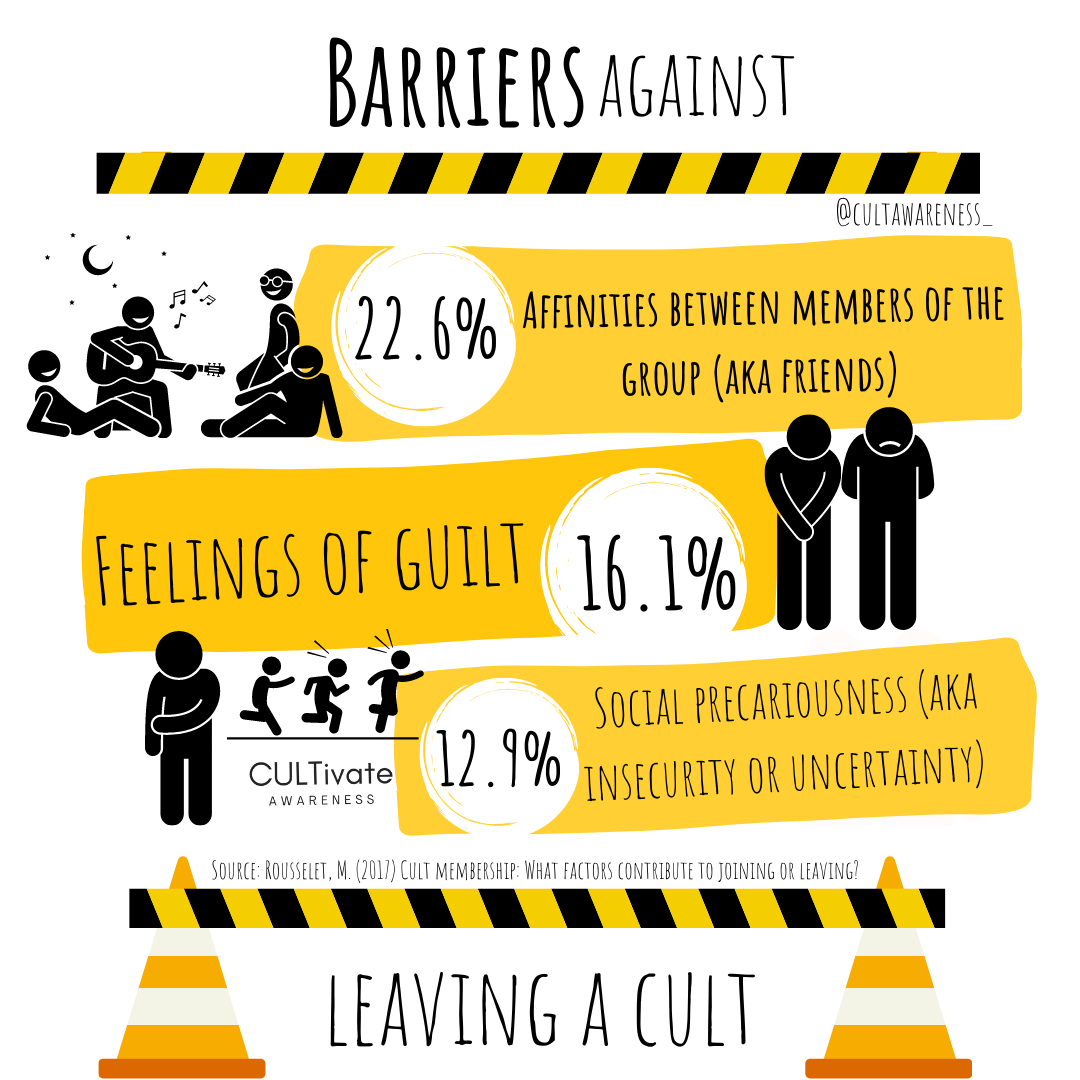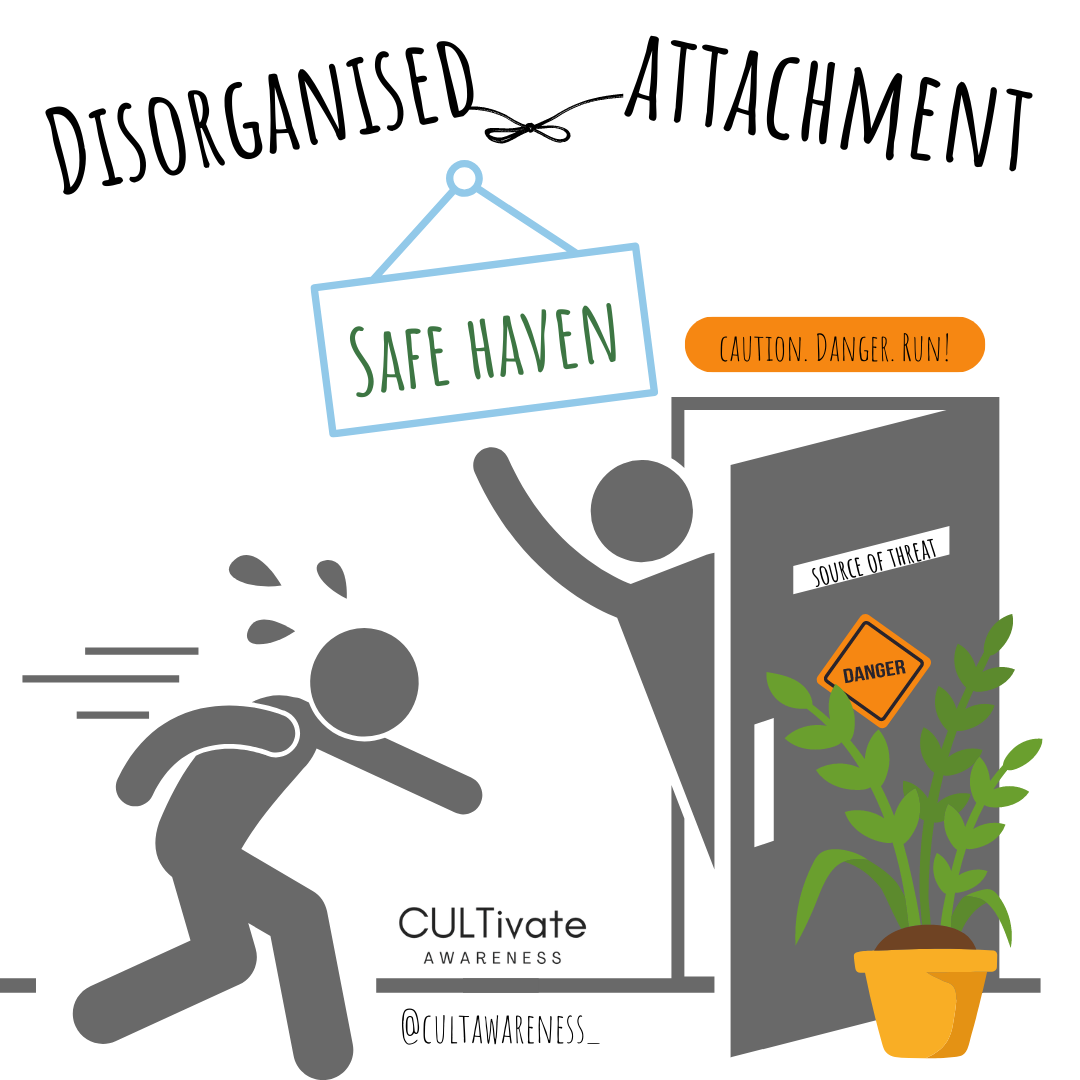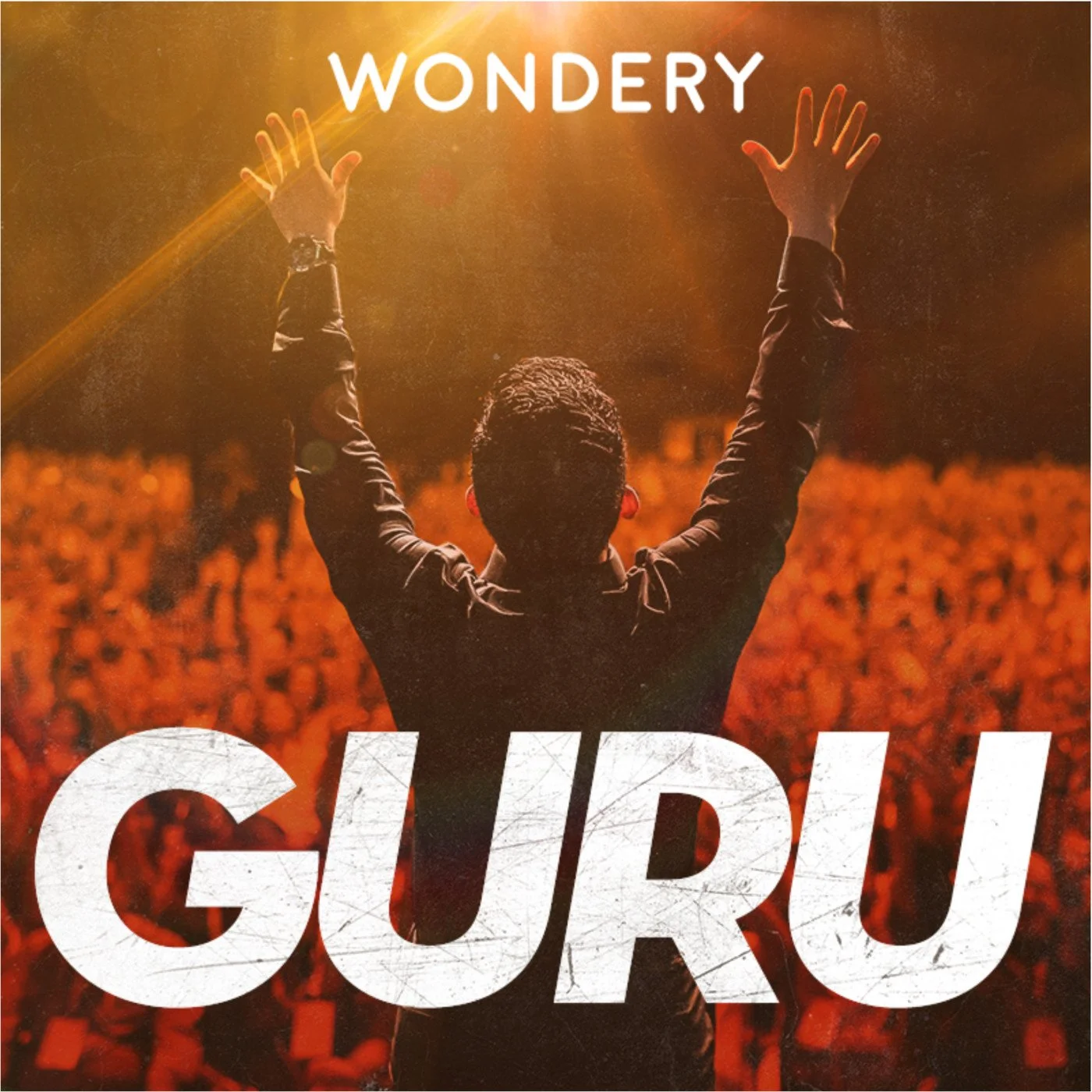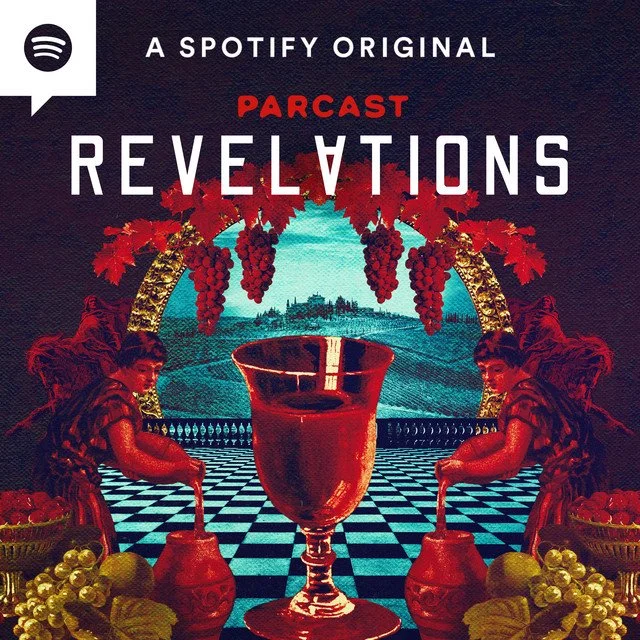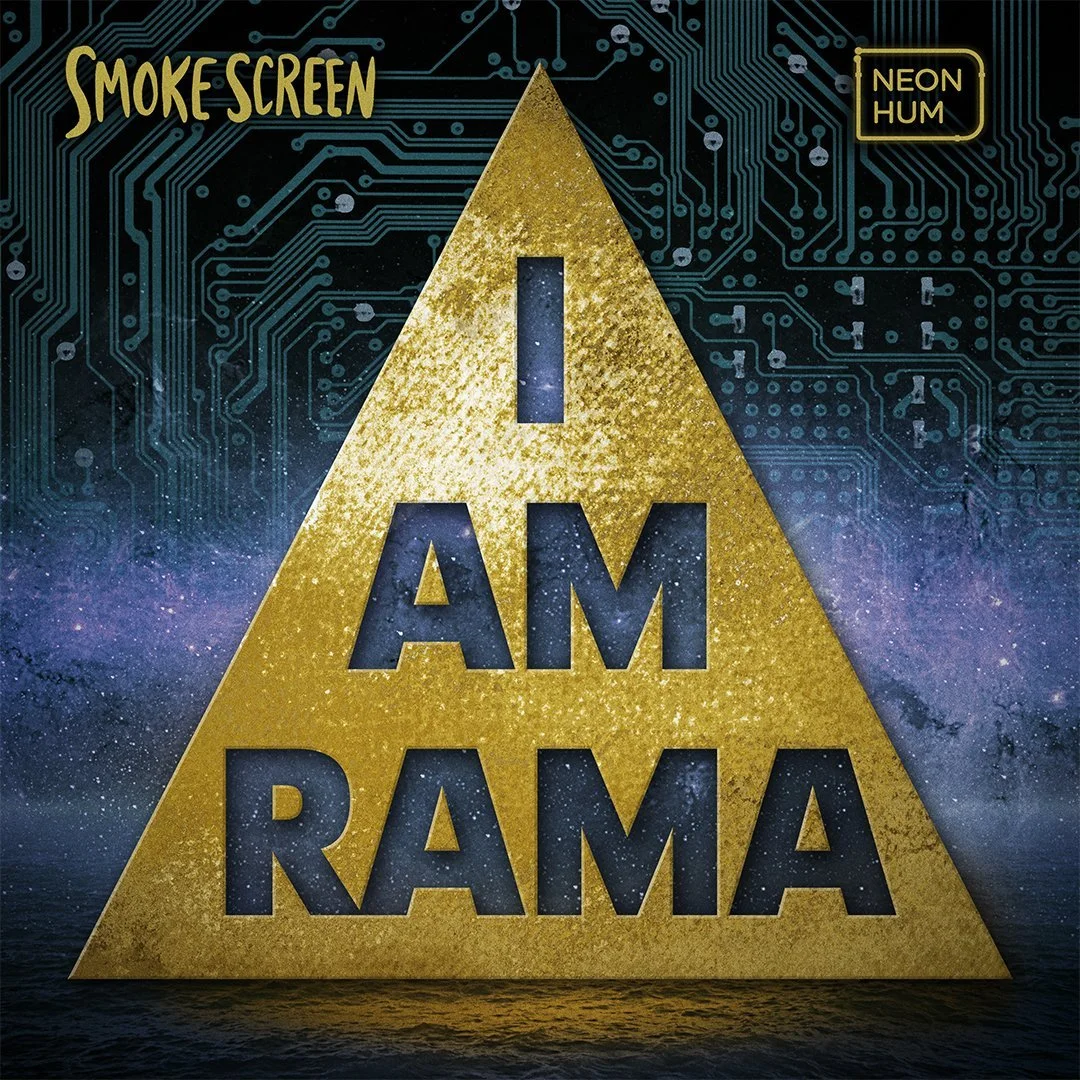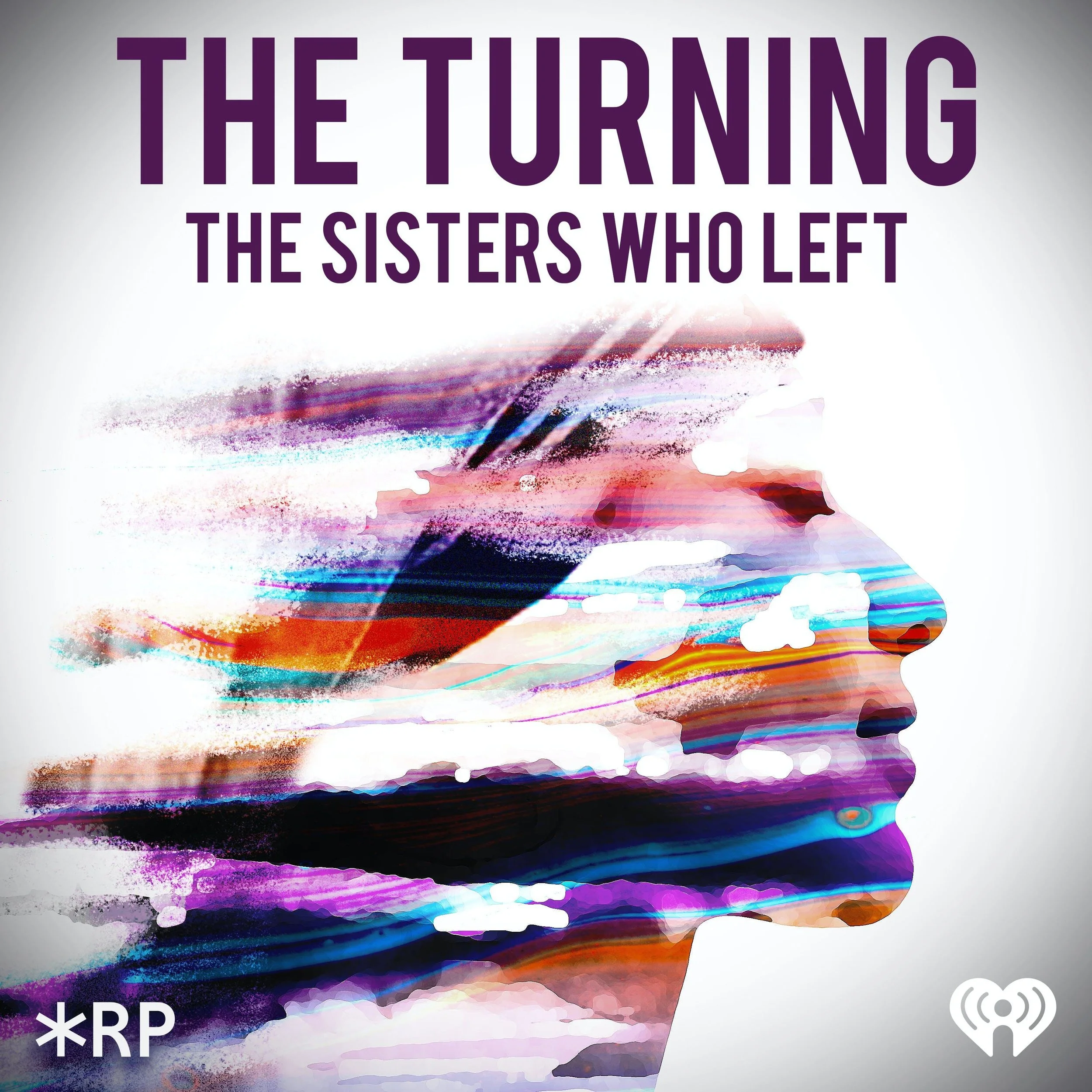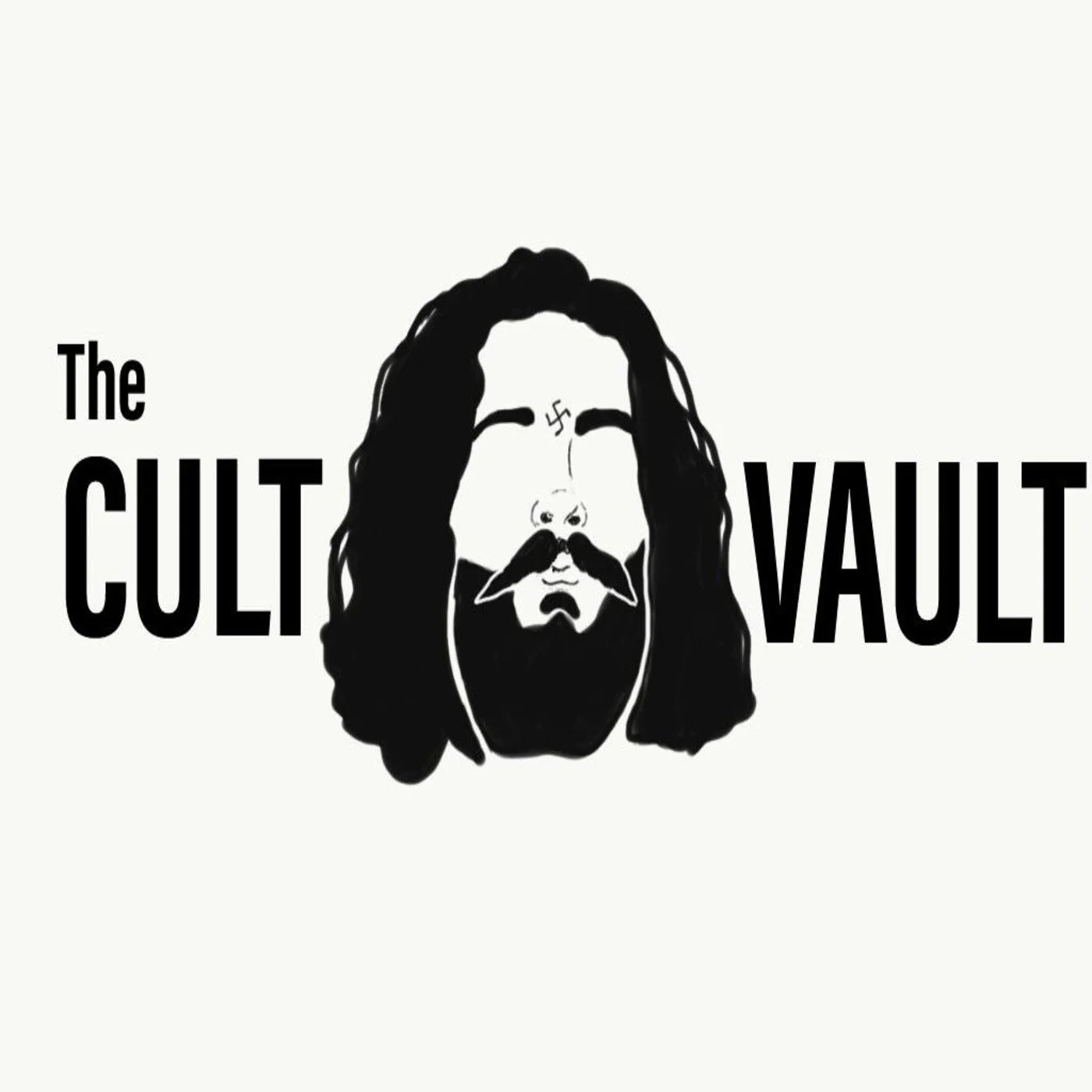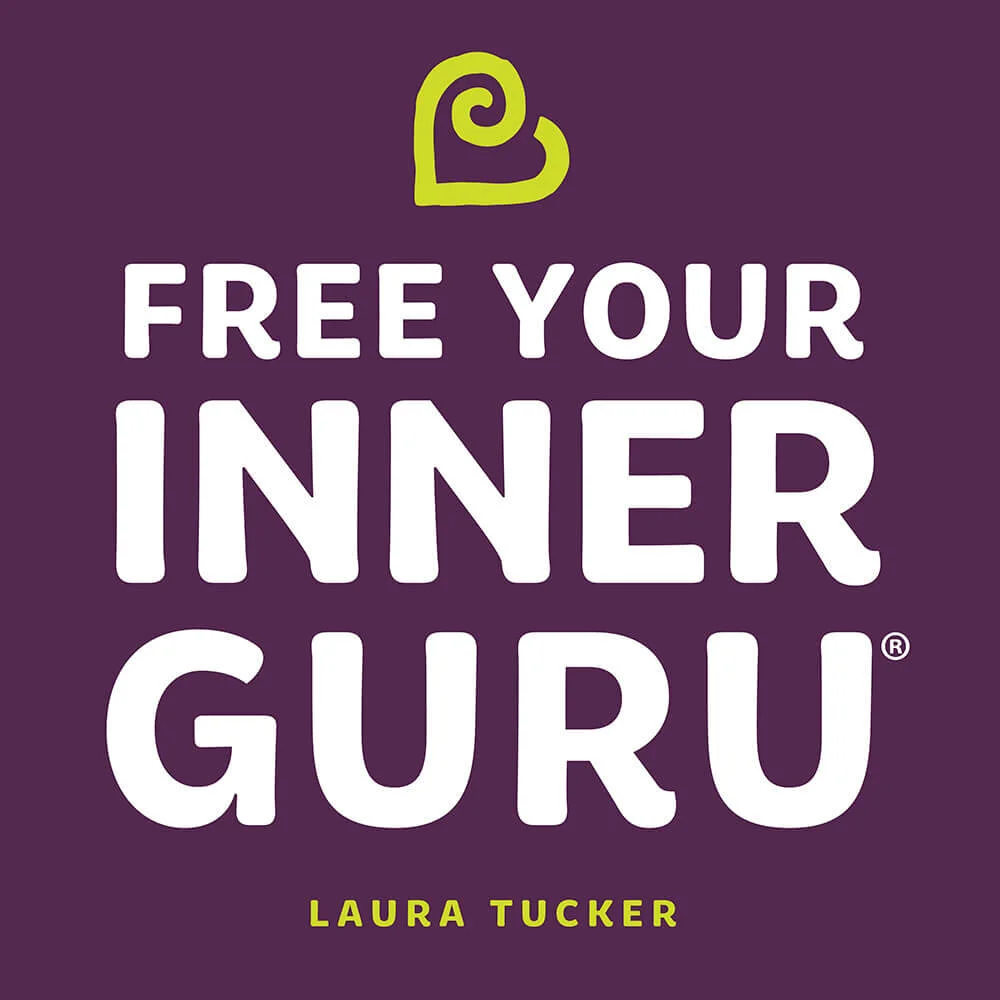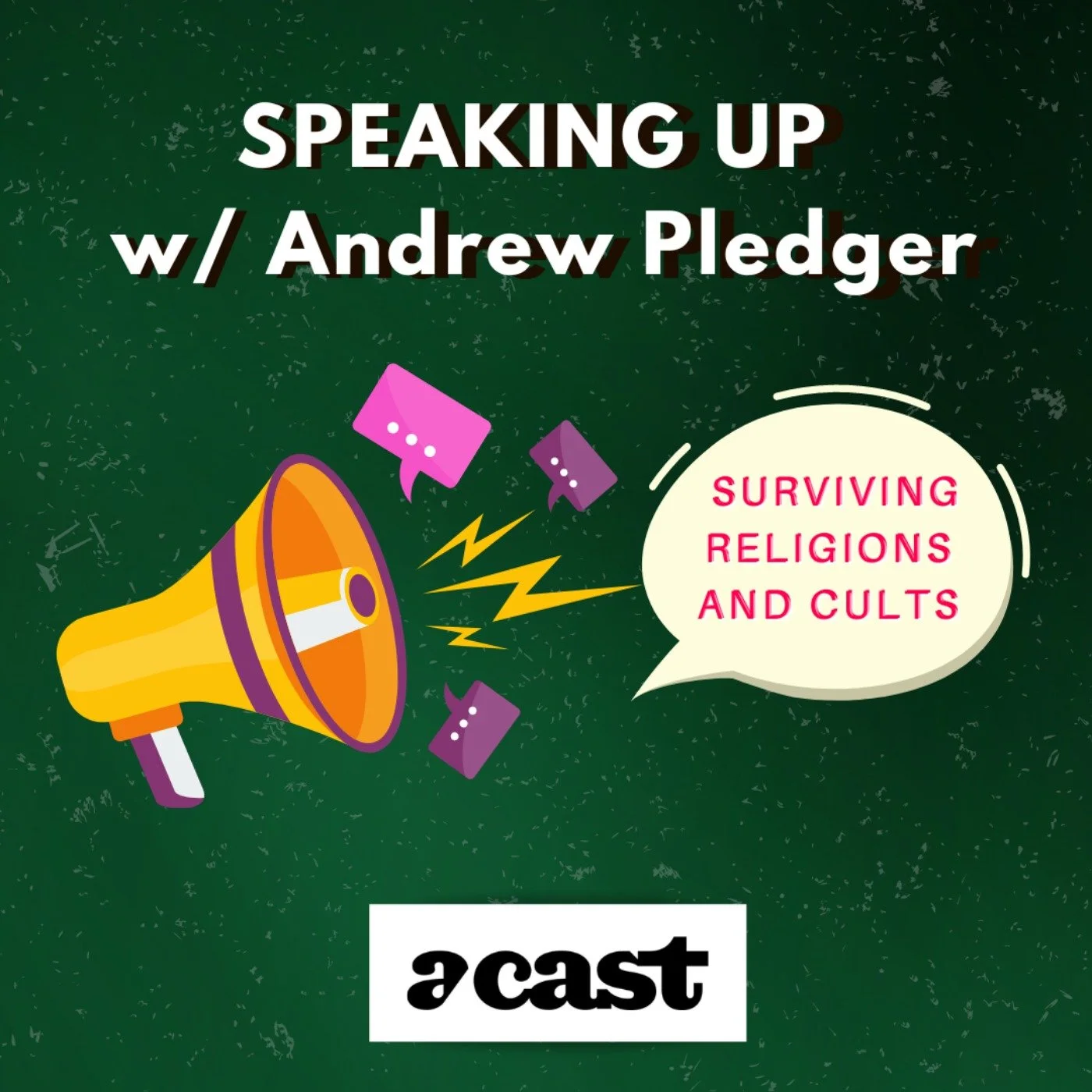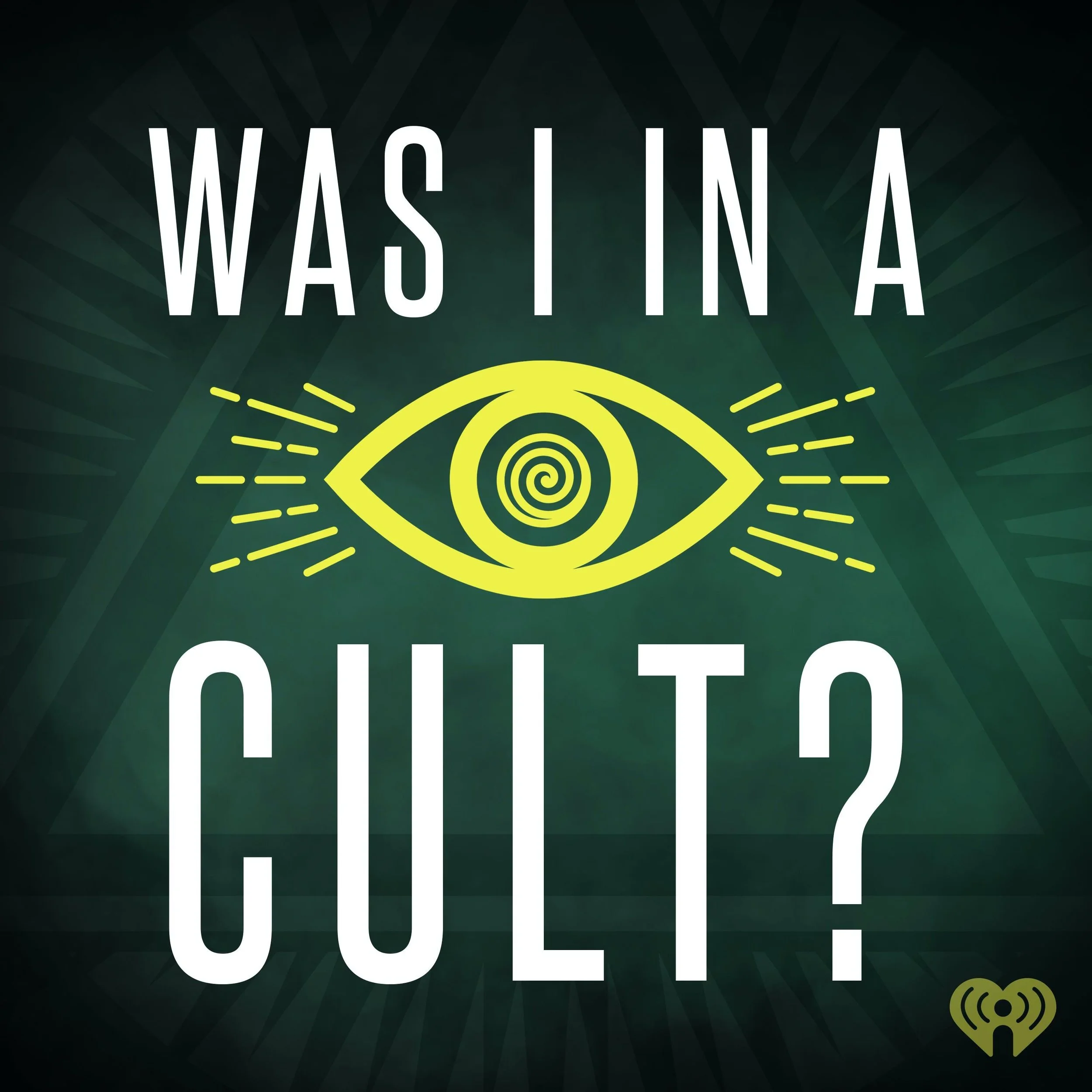
“The darker dynamics of narcissism imply that one person in the relationship gives just about everything, and the other (the narcissist) just takes. If the relationship is reciprocal, compromise is effortless. The more challenging disappointments are the lack of empathy, the lack of connection, the lack of support.”

You got out…now what?!?
Leaving an abusive or exploitative situation is a crucial first step, but it's just the beginning of the recovery journey. The most important thing you can do for yourself is learn about coercive control, undue influence, and the mechanics of manipulation.
Unless you educate yourself, you are at risk of repeating unintended patterns of abuse.
Everyone's journey of recovery from exploitative situations will be different. There is no "right" way to approach your learning…only your way.
• Read survivors’ stories and memoirs
• Explore educational resources
• Watch documentaries
• Listen to podcasts
• Journal and think
Take your time and respect your own pace with this material. Unwinding from cultic relationships is a gradual process. It's okay to take breaks when you feel overwhelmed.
It cannot be overstated the importance of following your curiosity and engaging in activities outside of the "recovery space". Travel, spending time in nature, listening to or playing music, allowing time to do absolutely nothing is restorative. Your reclamation of suppressed interests or talents, discovery of dormant aptitudes, even just the shear act of making your own choices can nourish you, feeding your ability to create a meaningful and authentic life that is your own.
Caution: Avoid echo chambers and keep your critical thinking engaged by diversifying your sources. You are the expert in your own recovery.

“Your time is limited, so don’t waste it living someone else’s life. Don’t be trapped by dogma- which is living with the results of other people’s thinking. Don’t let the noise of other’s opinions drown out your own inner voice. And most important, have the courage to follow your heart and intuition. They somehow already know what you truly want to become. Everything else is secondary.”

Informative Videos
The psychological tricks that make cults so dangerous…
Thousands of groups known as cults have arisen over history. But most cults claim not to be cults, and many people involved might not even be aware they are in one. So how do cults lure people in?
Tui McLean explores the secret world of cults through a psychological lens, examining what a cult actually is, and how some cults have been able to make ordinary people do unthinkable things.
Video by Tui McLean
Animation by Michal Bialozej
What is a Cult?
~Steven Hassan Ph.D
Steven Hassen developed the BITE Model to describe the specific methods that cults use to recruit and maintain control over people. “BITE” stands for Behavior, Information, Thought, and Emotional control. Many people think of mind control as an ambiguous, mystical process that cannot be defined in concrete terms. In reality, mind control refers to a specific set of methods and techniques, such as hypnosis or thought-stopping, that influences how a person thinks, feels, and acts.
Why do People Join cults?
~Janja Lalich Ph.D
Today, there are thousands of cults around the world. Broadly speaking, a cult is a group or movement with a shared commitment to a usually extreme ideology that’s typically embodied in a charismatic leader. But what exactly differentiates cults from other groups – and why do people join them? Janja Lalich describes how cults recruit and manipulate their members. (from Janja Lalich’s website)
How to get someone out of a cult
~Joe Szimhart
Cults, conspiracy theories and fringe belief systems have always been around, and Joe Szimhart’s job is to help people out of them. Szimhart is a cult interventionist and has been working in the field since the 1980s, when he left a harmful group. “The leaders didn’t seem to be living according to the strict code of ethics,” he said. Ever since, he has been helping others find information, including Rick Larsen, who now also volunteers his time supporting people like him after he saved his wife from an organization’s dangerous influence.

Recommended Reading
Reading a diverse selection of memoirs, fiction, and educational books can provide a comprehensive understanding of undue influence and the survivor experience.
Memoirs, in particular, can often offer invaluable insights into the full arc of a survivor's journey, from their initial involvement to their eventual recovery, making memoir an excellent resource for those seeking to understand and heal from cultic abuse.

Ashleigh is the creator of Instagram page, CULTivate Awareness, through which she aims to raise awareness of cult dynamics, psychological abuse and coercive control.
She is guided by her modus operandi: Prevent Harm, Help Heal.

Podcasts
INVESTIGATIVE JOURNALISM
Investigative journalism podcasts offer a deep dive into specific groups, subjects, or individuals, providing well-researched and in-depth analyses which can help listeners gain a more comprehensive understanding of the tactics and dynamics at play within high-control environments.
CONVERSATIONS WITH EXPERTS, ADVOCATES, AND SURVIVORS
Ongoing podcasts that feature a rotating roster of experts, survivors, and advocates offer listeners the opportunity to explore a wide range of topics related to recovery, often providing insightful conversations that can help listeners gain new perspectives on their own experiences.
Through their work, the hosts of these podcasts (many of whom are on their own healing journey) create a sense of connection and community which can be invaluable to those navigating the complex process of recovery.
Caution: While some hosts offer deeper engagement through paid subscriptions, which can be beneficial, it's important to maintain a balanced perspective by seeking out a variety of voices and viewpoints rather than becoming overly invested in any one personality.

Movies, Documentaries, TV Series
Movies, documentaries, and television series have become powerful tools for understanding and processing experiences of undue influence and cultic abuse.
The recent proliferation of content exploring these topics, from high-profile exposés to fictional narratives, has opened up important conversations, shed light on the realities of undue influence, and helped survivors feel less alone in their journey.
Caution: While being extraordinarily informative, consuming multiple documentaries or shows about cults in a short period can be emotionally taxing. These programs often depict disturbing events and psychological manipulation, which may be particularly distressing for those who have left high-control environments.
It's essential to pace yourself and prioritize your well-being when engaging with this content. Take breaks as needed and engage in activities that bring you comfort. Remember that most media focuses on sensational cases, and your personal experience may differ from what's portrayed.
As you watch, observe the methods of control employed by the characters, groups, or leaders to help recognize potential red flags in your own life. However, keep in mind that healing is a process, and engaging with this content should be just one part of your journey.
Bikram: Yogi, Guru, Predator
The Deep End
Keep Sweet: Pray and Obey
Love Has Won
One of Us
Quiet On Set
The Tale
The Vow - Season 2
Born In Synanon
Escaping Twin Flames
Krishnas: Gurus. Karma. Murder.
LuLaRich
Phoenix Rising
Seduced: Inside the NXIVM Cult
Under the Banner of Heaven
The Way Down
Cults and Extreme Belief
Going Clear: Scientology
Kumare
Maid
Pray Away
Shiny Happy People
Unveiled: Surviving LLDM
Wild Wild Country
Damages
Holy Hell
Let Us Prey
Martha Marcy May Marlene
The Program
Stolen Youth
The Vow
The Woman in the Wall

It’s your journey…
The resources listed on this page have been helpful to many in the survivor community, but they represent just a fraction of what's available. As you navigate your own path to recovery, seek out the resources that resonate most with you. Trust your instincts, follow the thread of your curiosity, and explore a wide range of content to gain new perspectives and insights.
Remember, what works for one person may not work for another. Your journey is your own, and it's important to find the tools, resources, and support that feel right to you.
If you come across content that has been particularly impactful in your healing process, consider sharing it with others on social media by using the #igotout hashtag. By doing so, you can help to build a diverse and supportive community of survivors, offering hope and guidance to others grappling with similar issues. However, it's important to remember that no single resource or personality has all the answers.
Be cautious of becoming overly invested in any one source of information or support, as this can sometimes lead to a new form of dependency. It's important to maintain a healthy balance and avoid relying too heavily on a single individual or perspective, no matter how helpful they may initially seem. Cultivate a diverse range of resources and viewpoints to ensure a well-rounded and sustainable approach to your healing journey.
Keep exploring, keep learning, and keep connecting with others who understand what you've been through.
AND TRUST YOUR GUT! IF SOMETHING OR SOMEONE DOESN’T FEEL RIGHT OR MAKES YOU UNCOMFORTABLE. . .MOVE ON. YOU ARE THE CHOOSER IN YOUR OWN LIFE NOW!

Emergency Resources
If you or a loved one are in immediate danger, there are organizations that can help.











